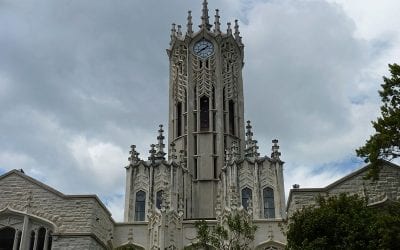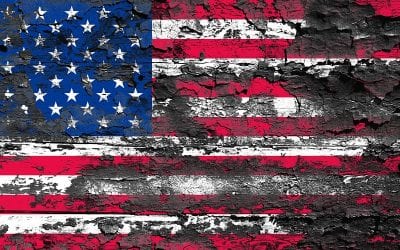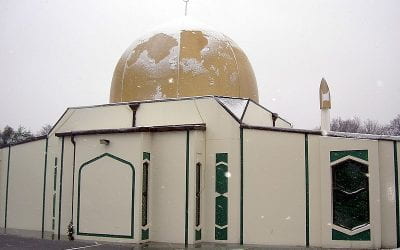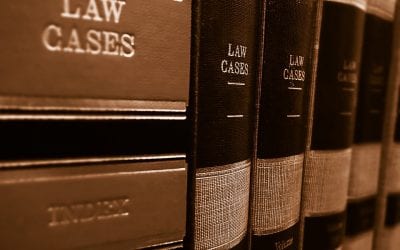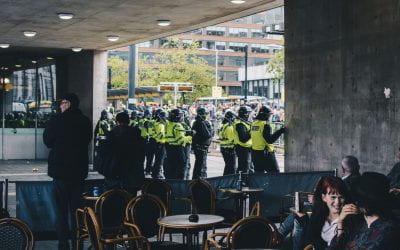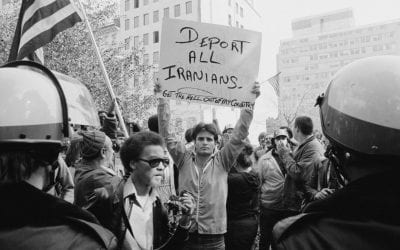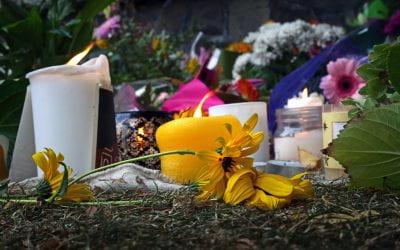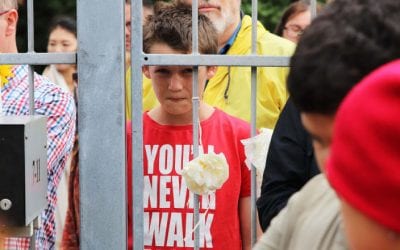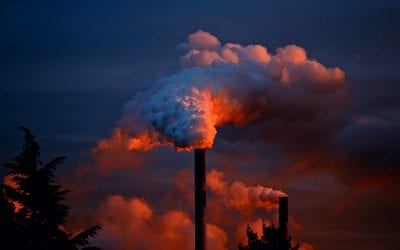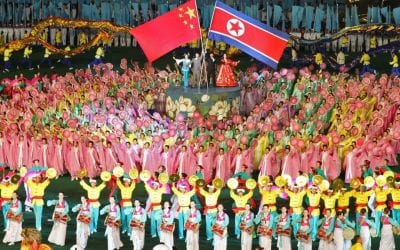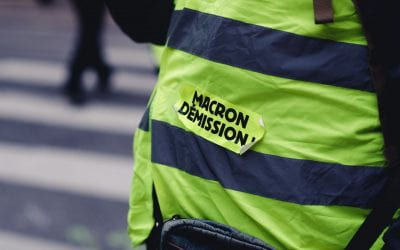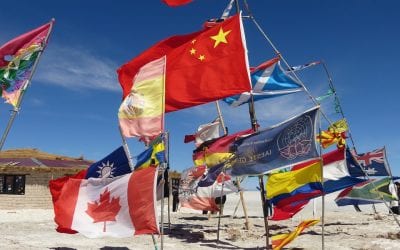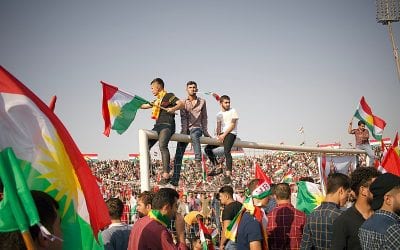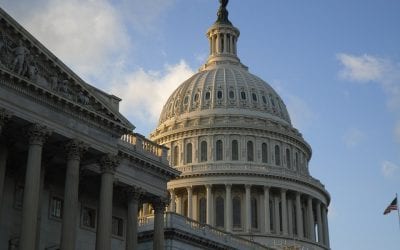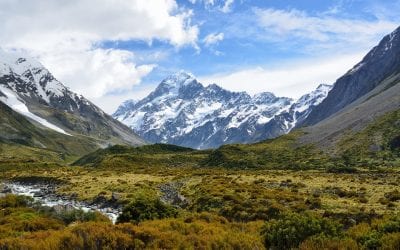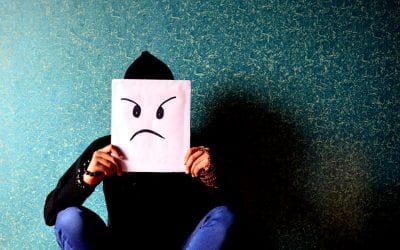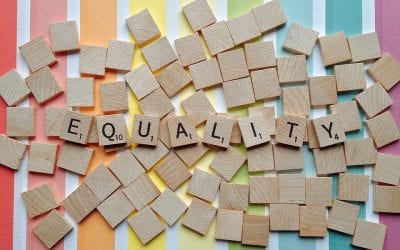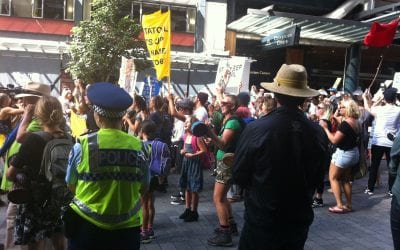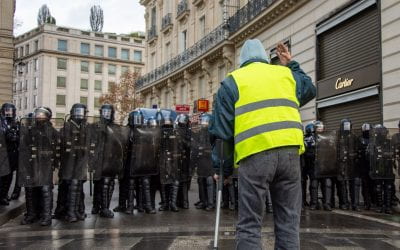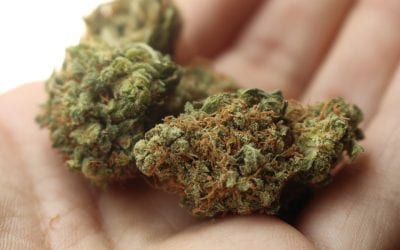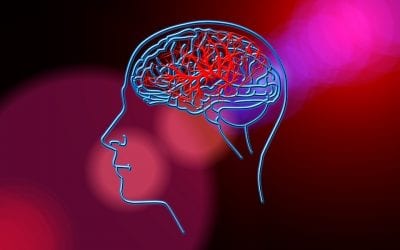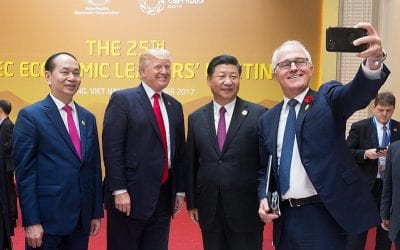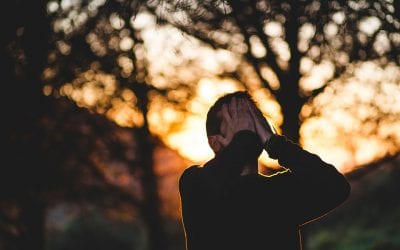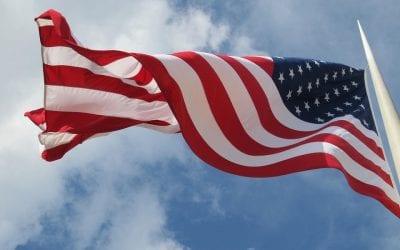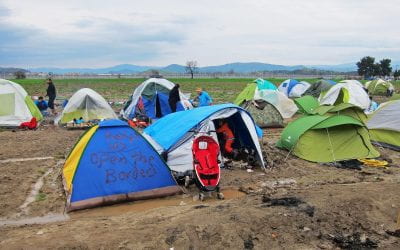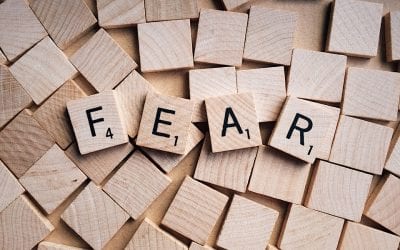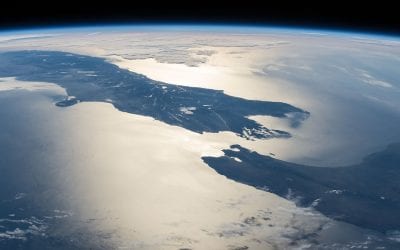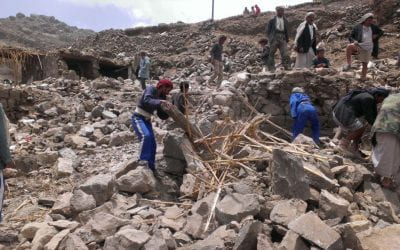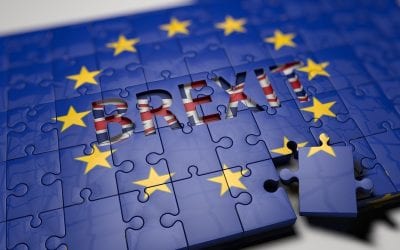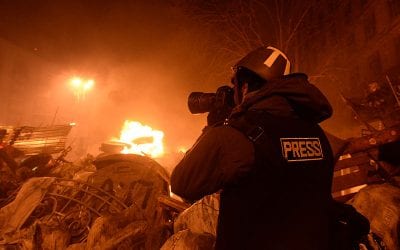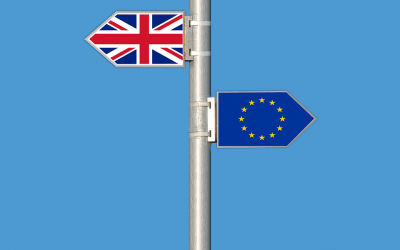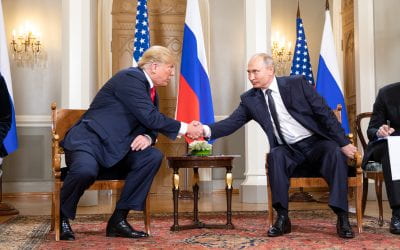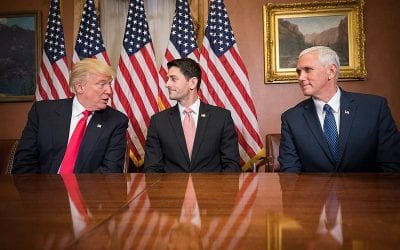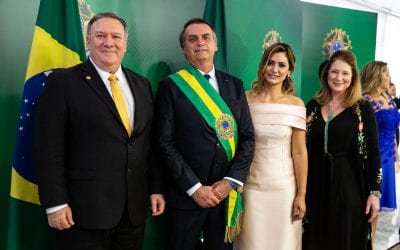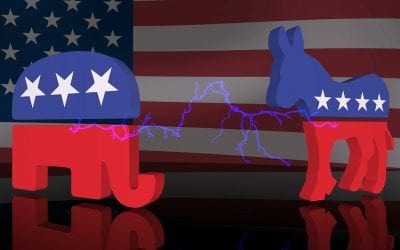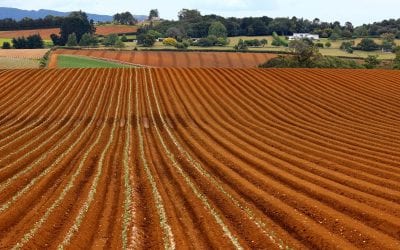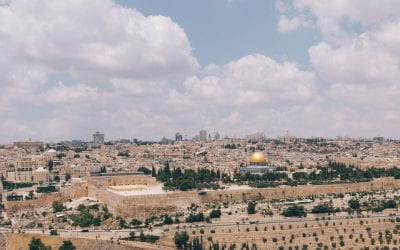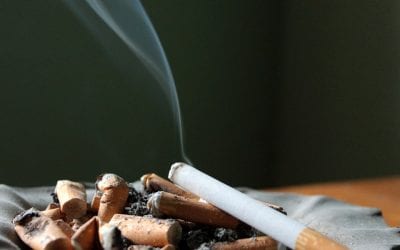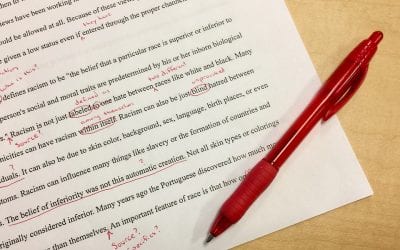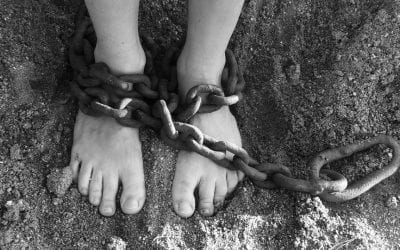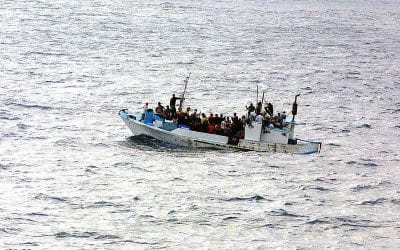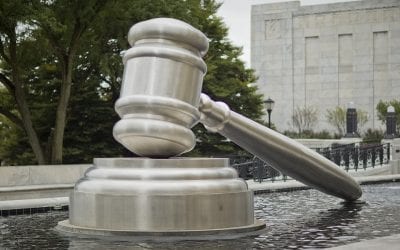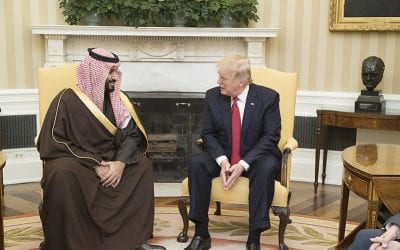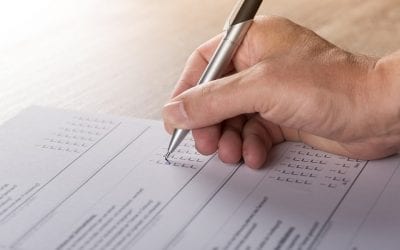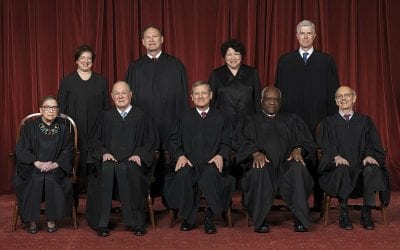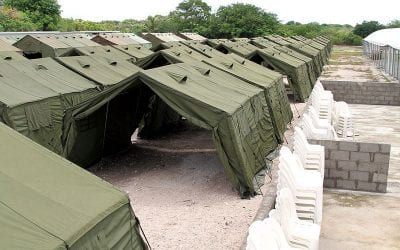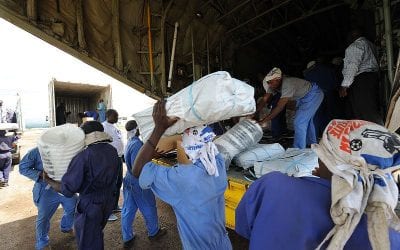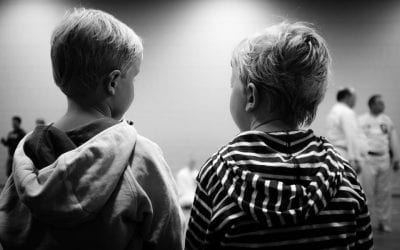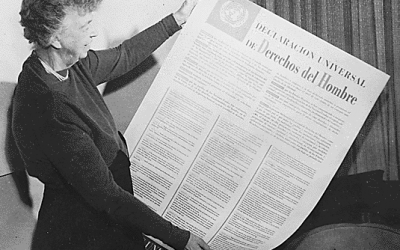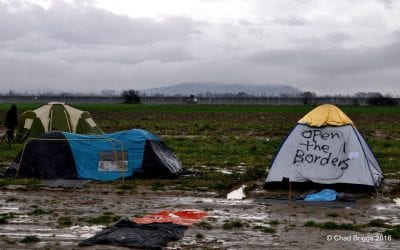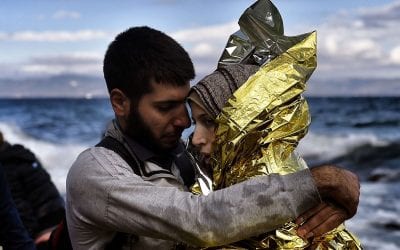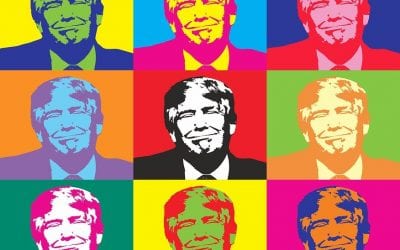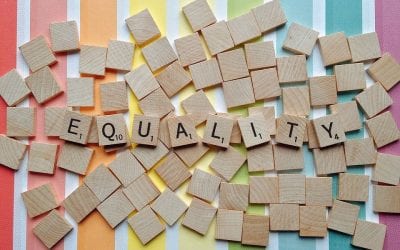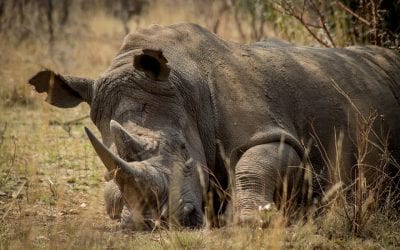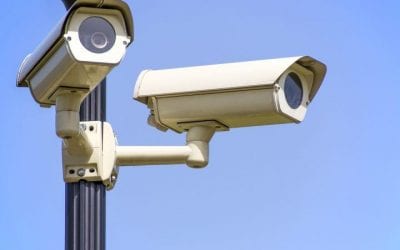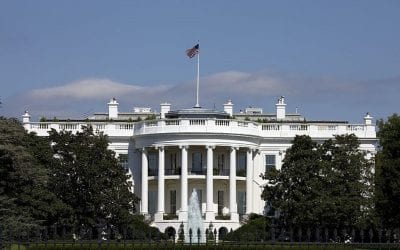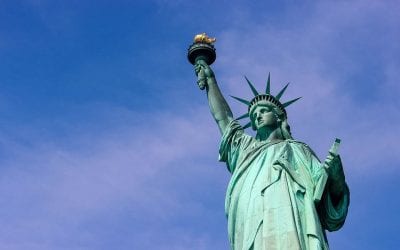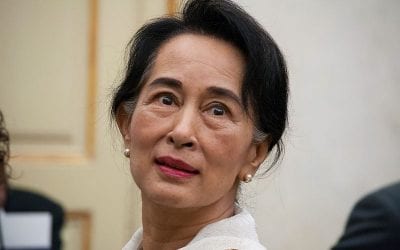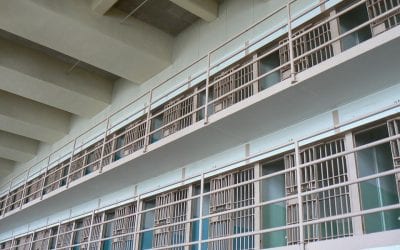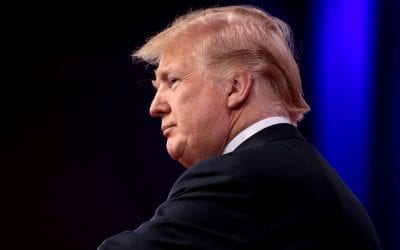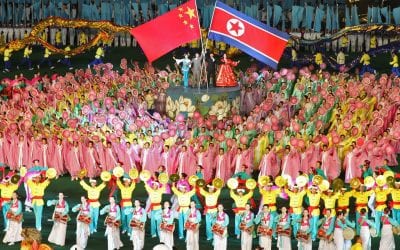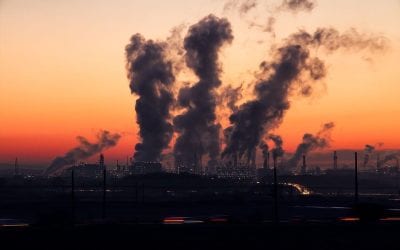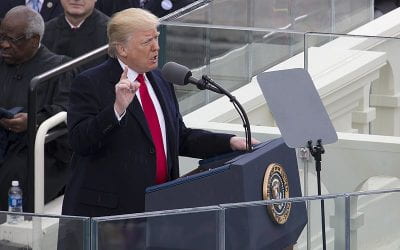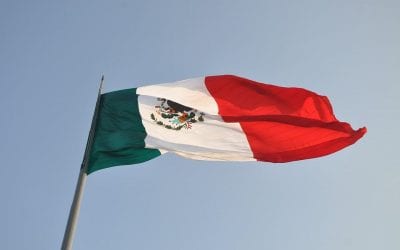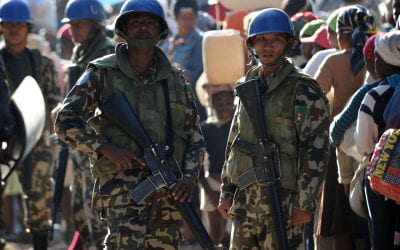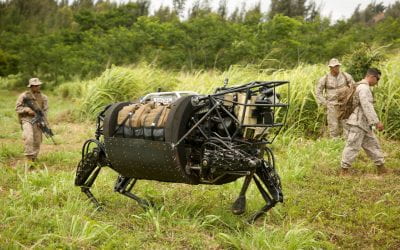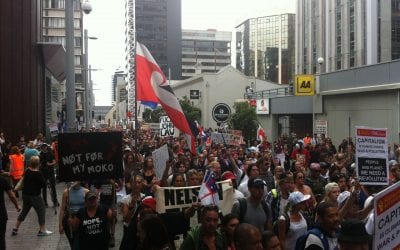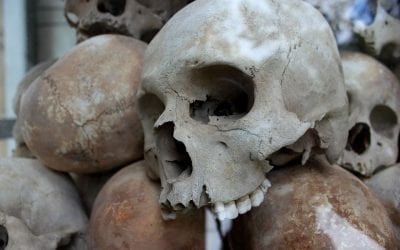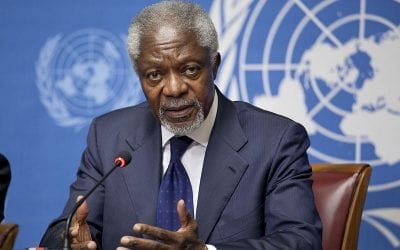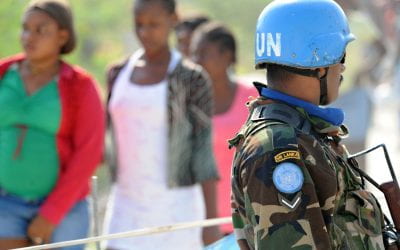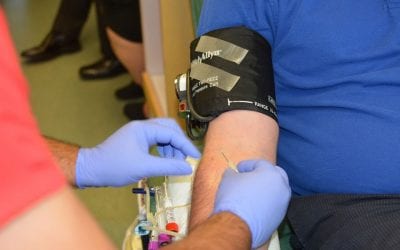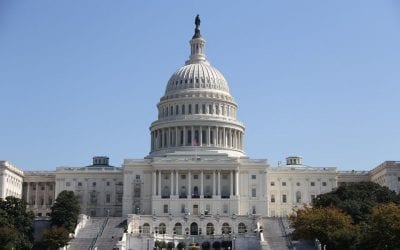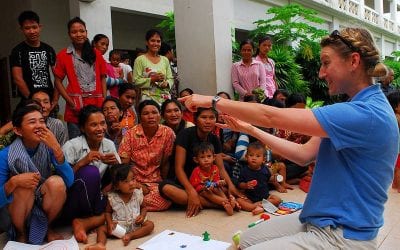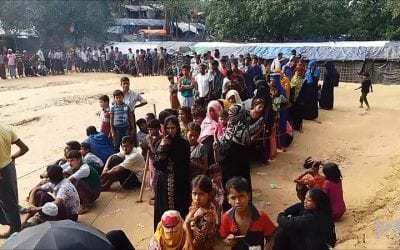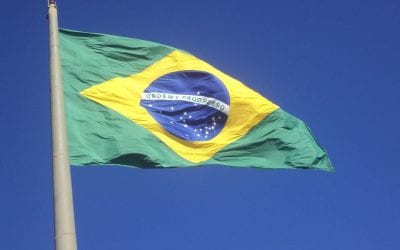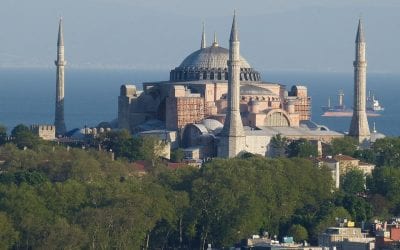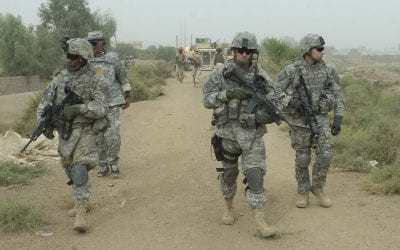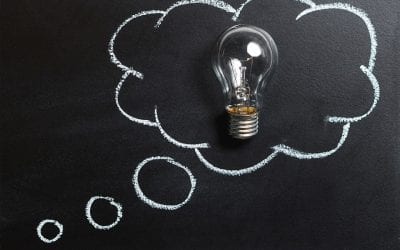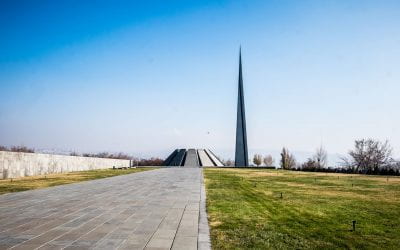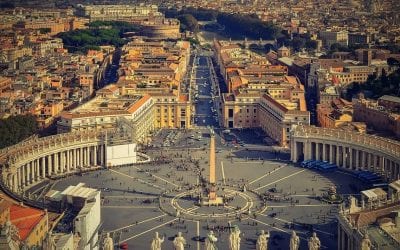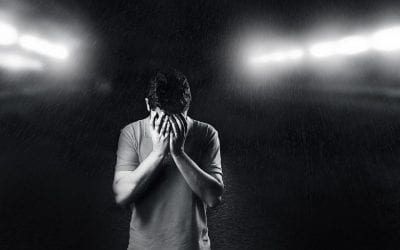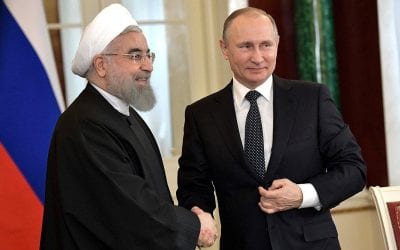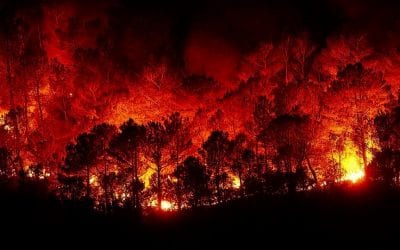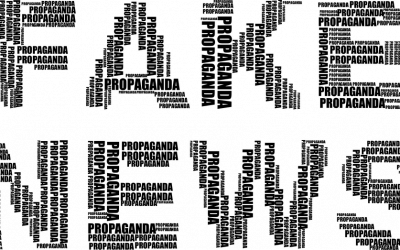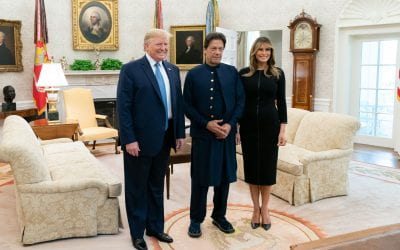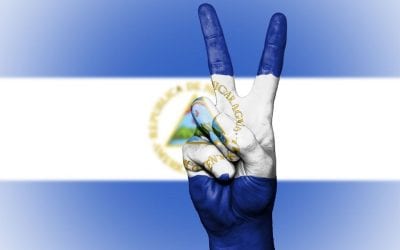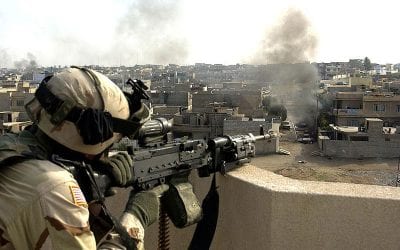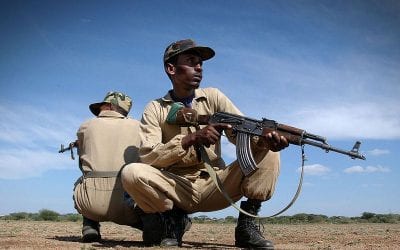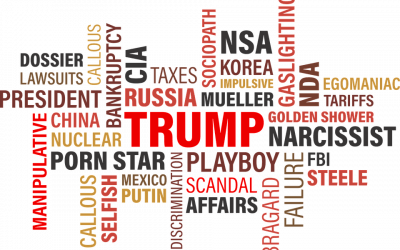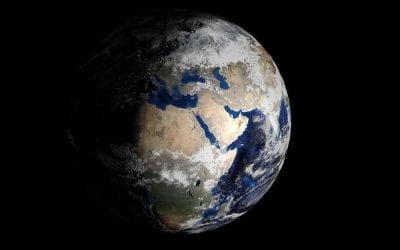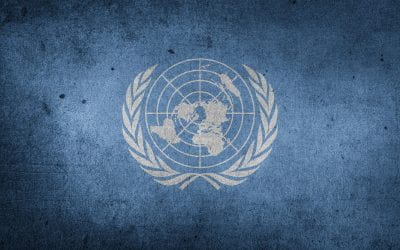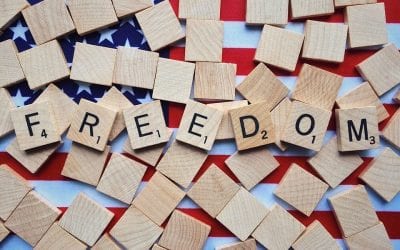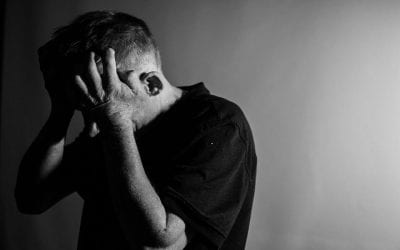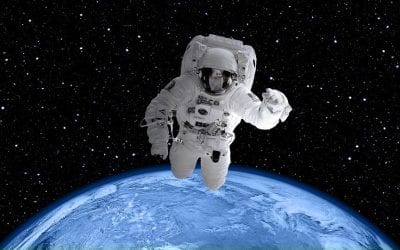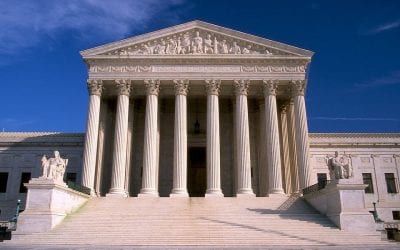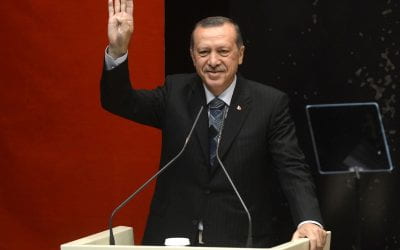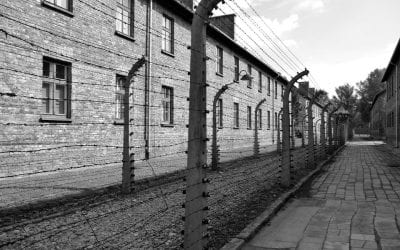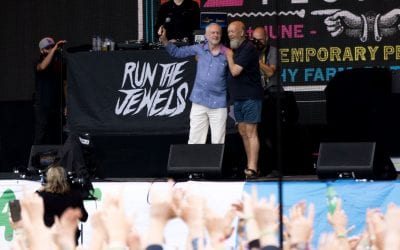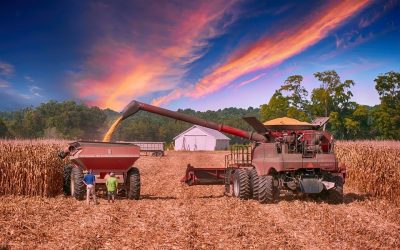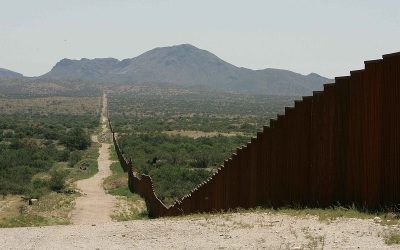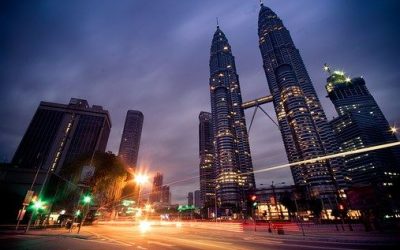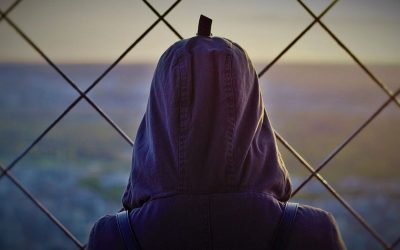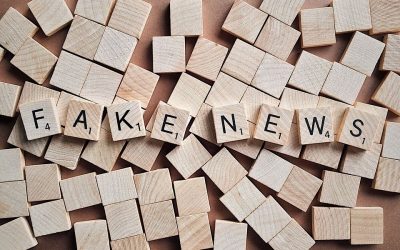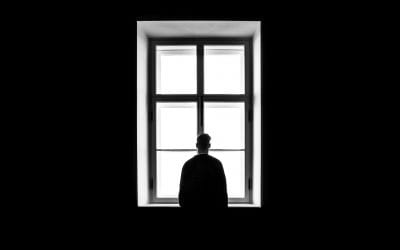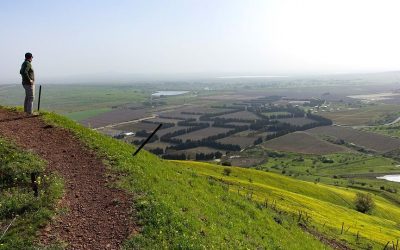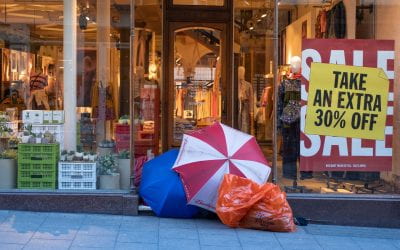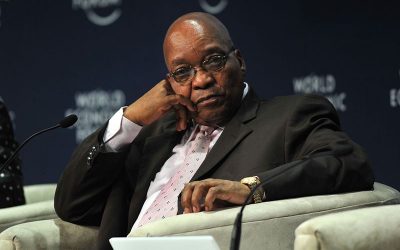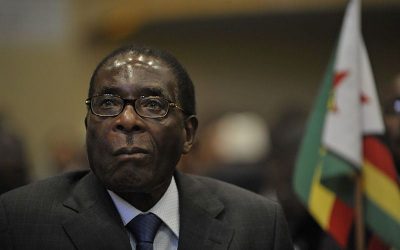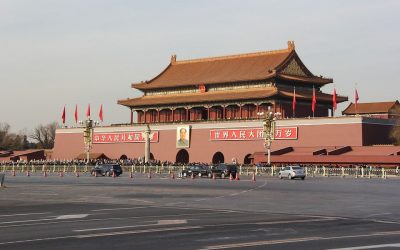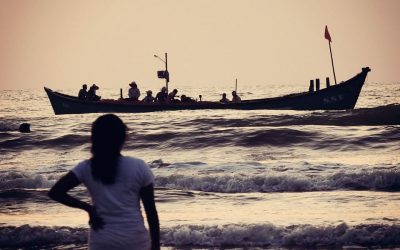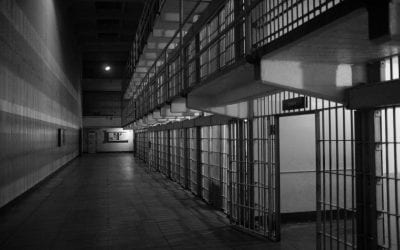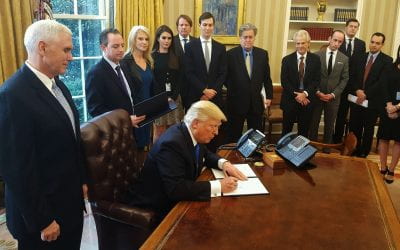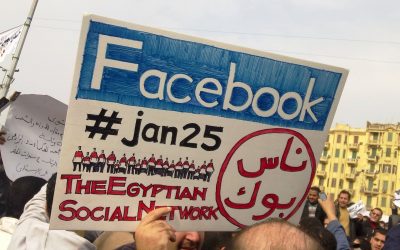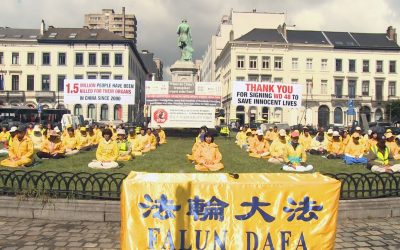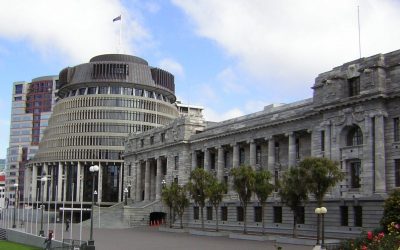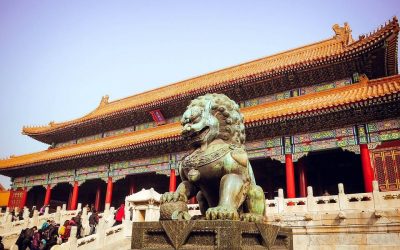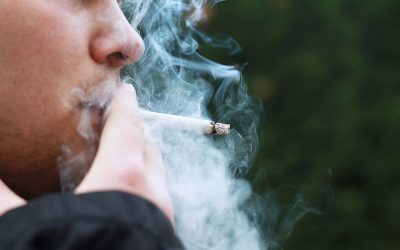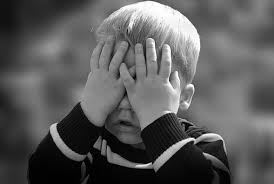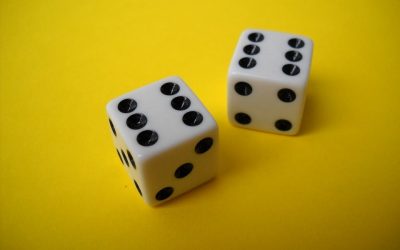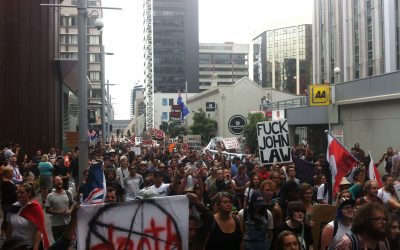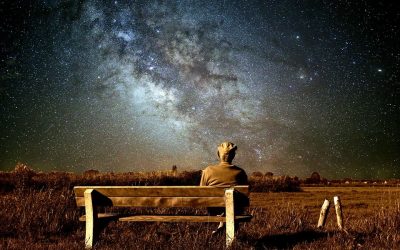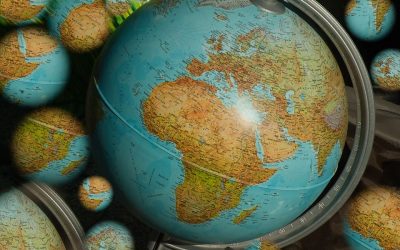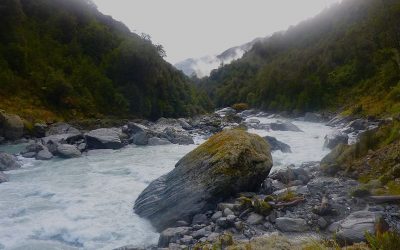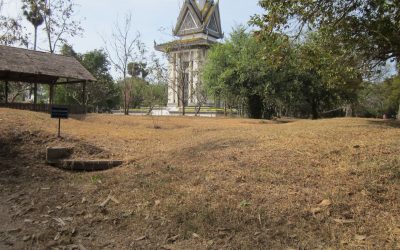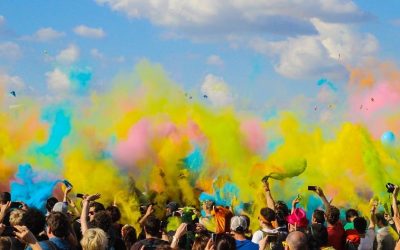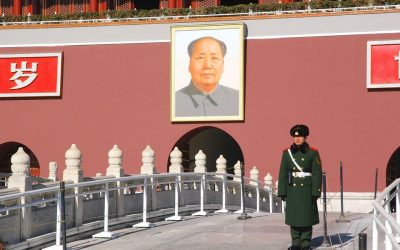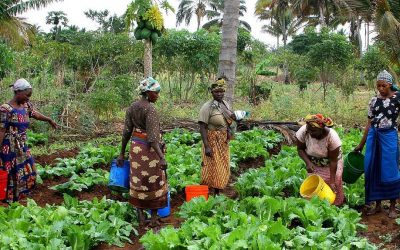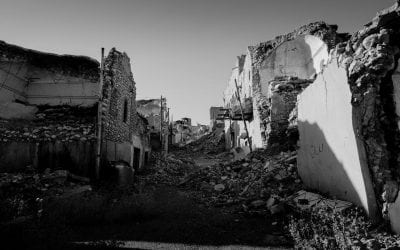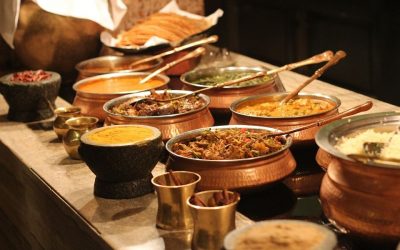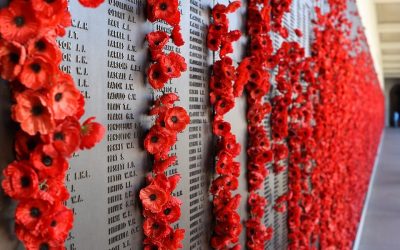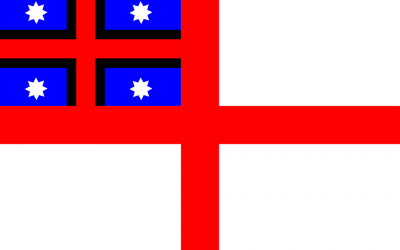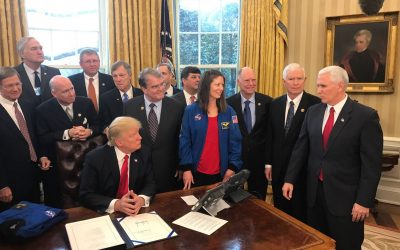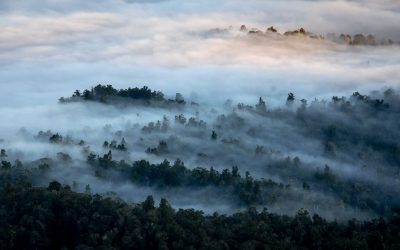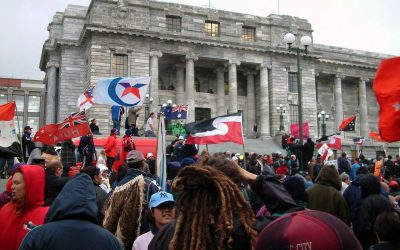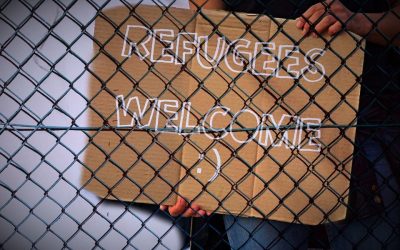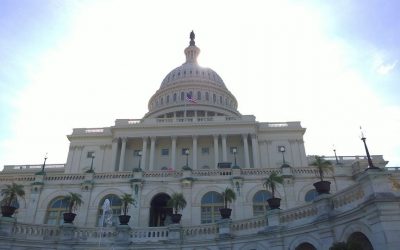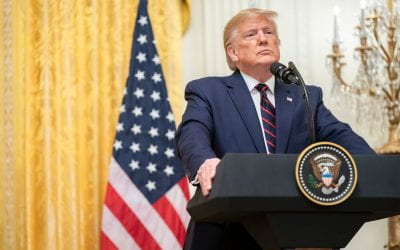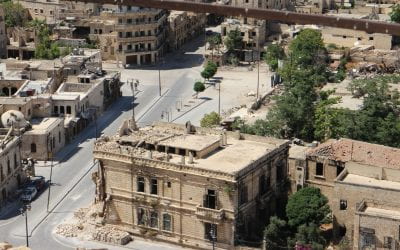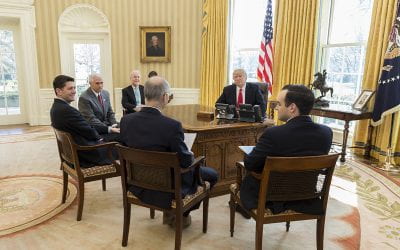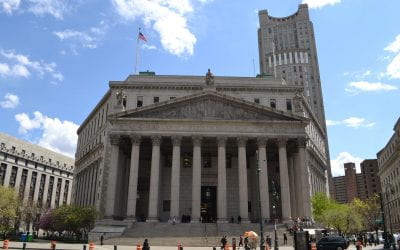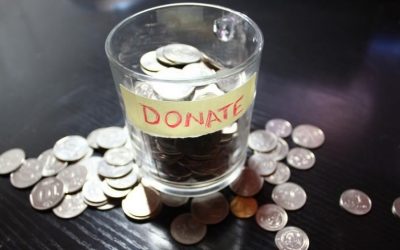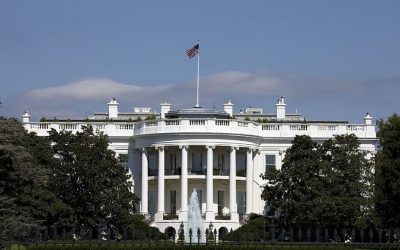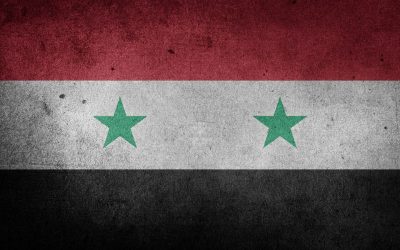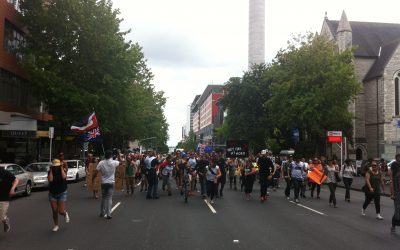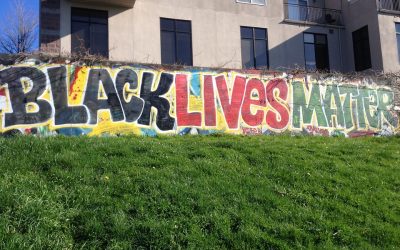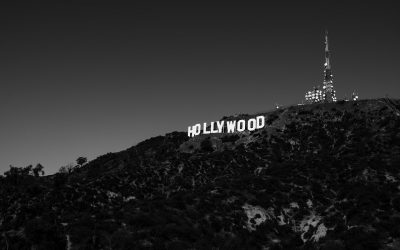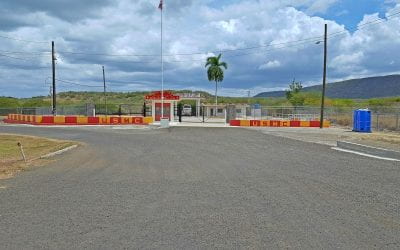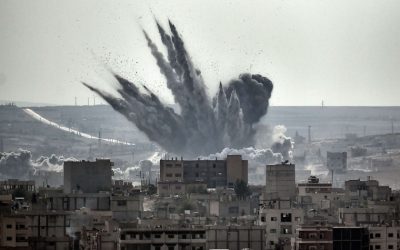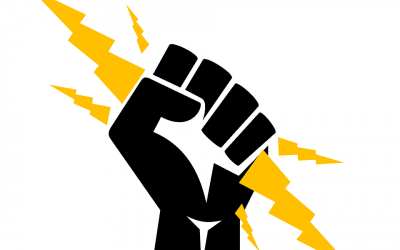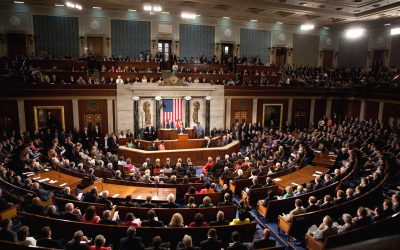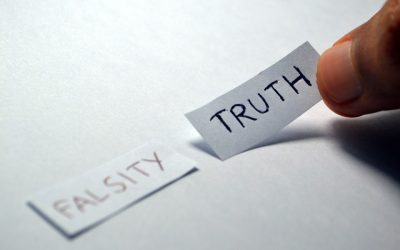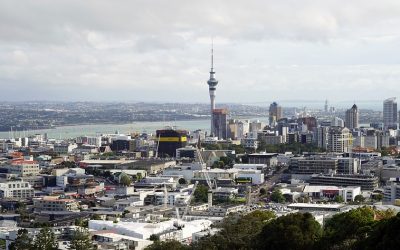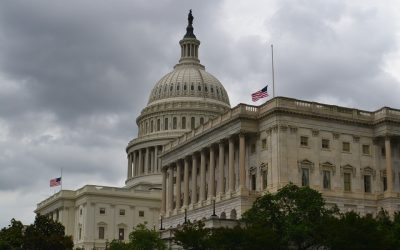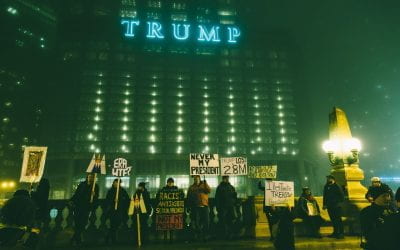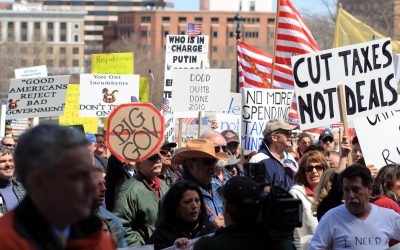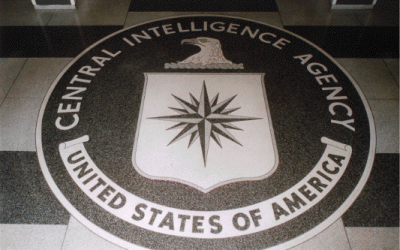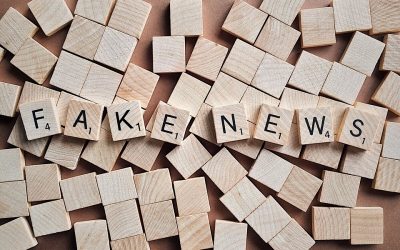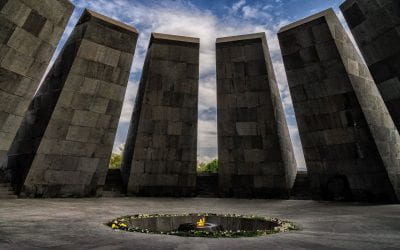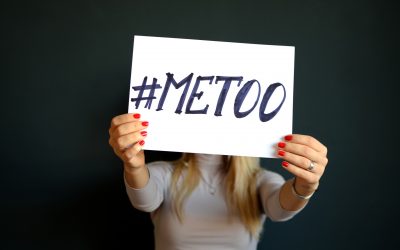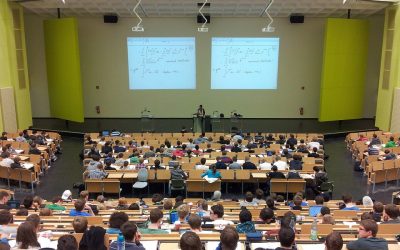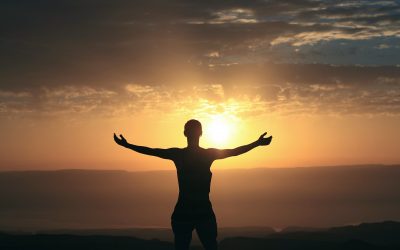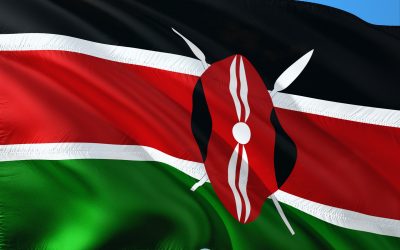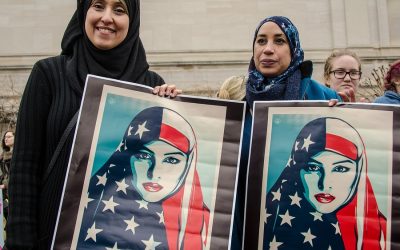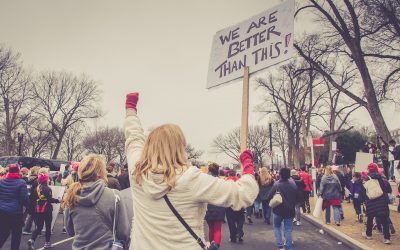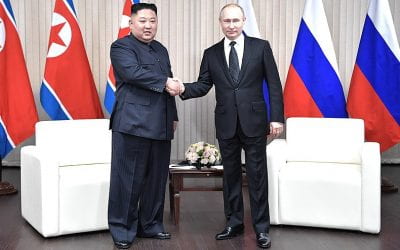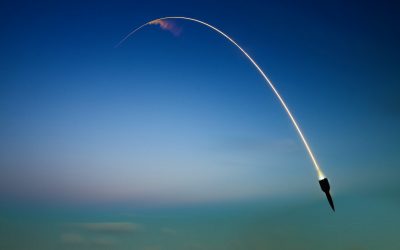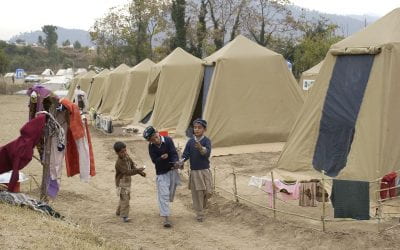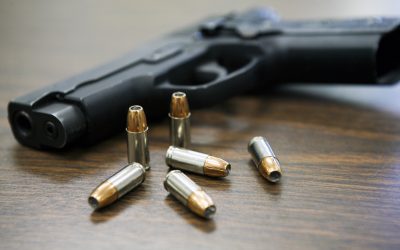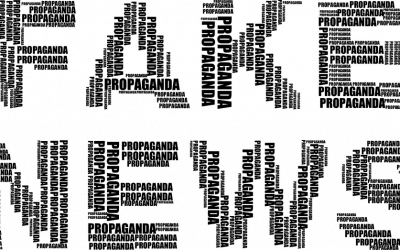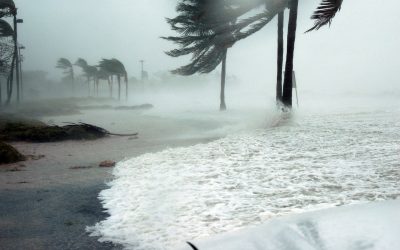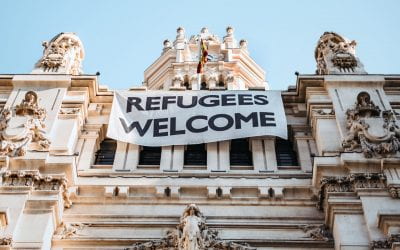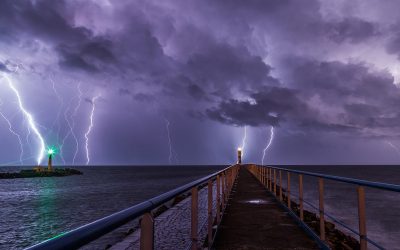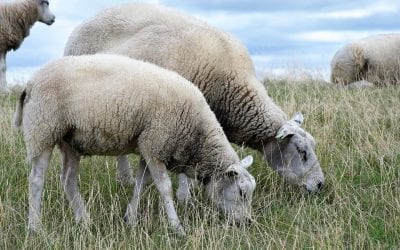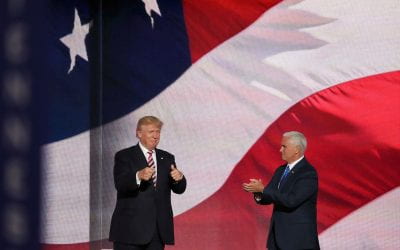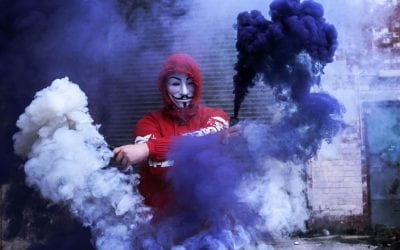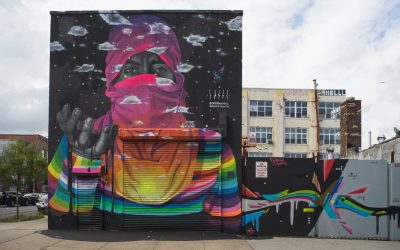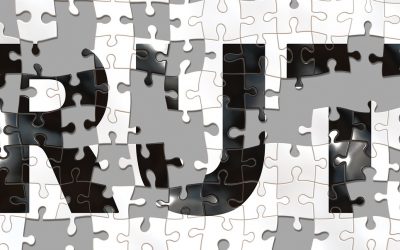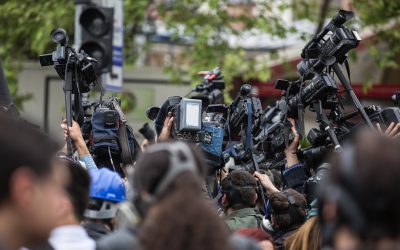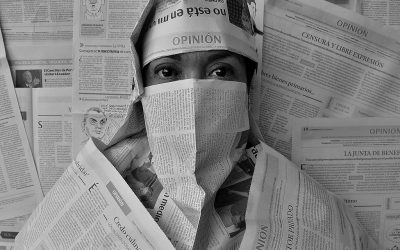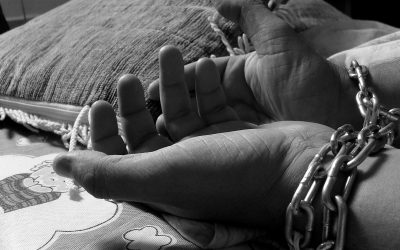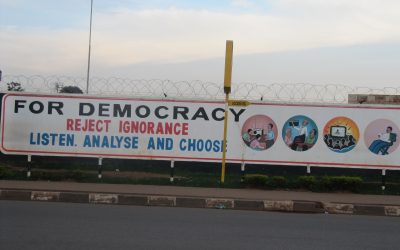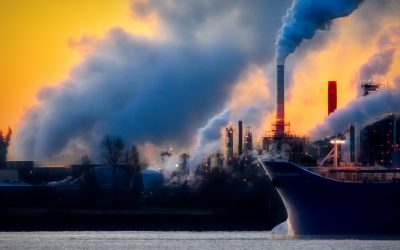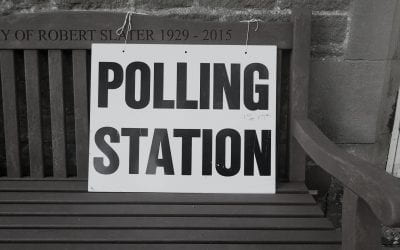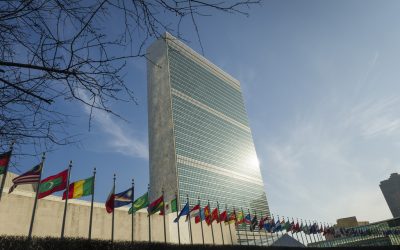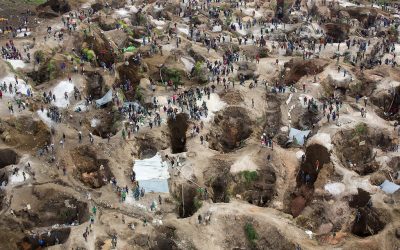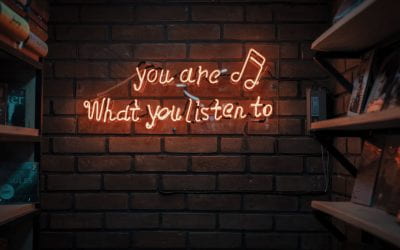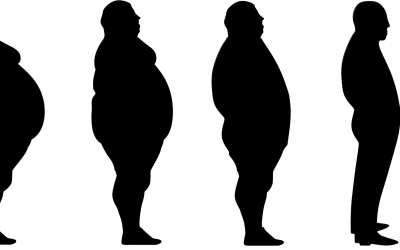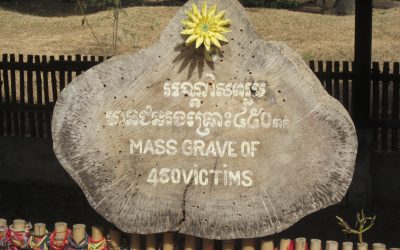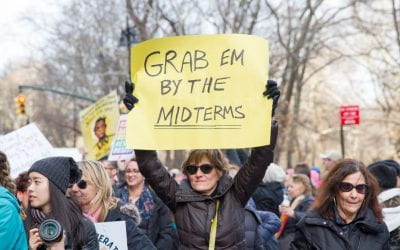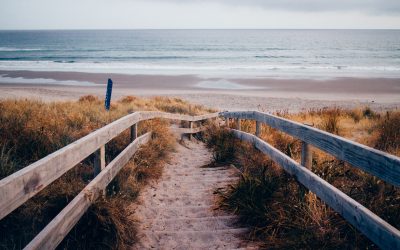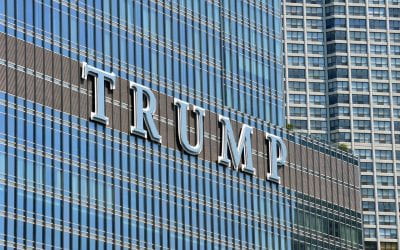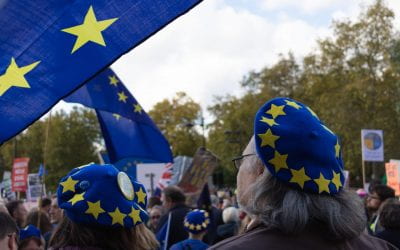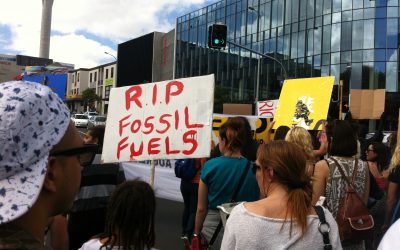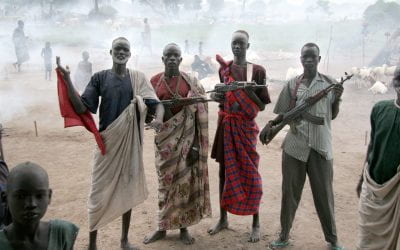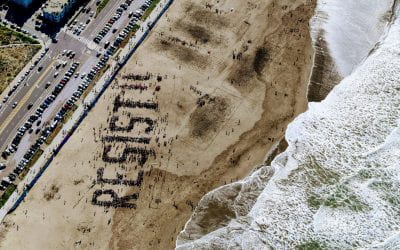Politics & Society
How can the education sector respond to Trump, Brexit, and Christchurch? ▶
How can the education sector respond to Trump, Brexit, and Christchurch? A panel of experts discuss the extraordinary times we live in and what role education can play in response.
Q+A: Why is the United States so polarised?
What are the fault lines that have fractured politics in America? Julian Zelizer has analysed the historical roots of the present-day political turmoil, divisions, and partisanship in the US for his new book Fault Lines: A History of the United States Since 1974.
What is the ‘Alt-Right’?
After the horrendous attacks in Christchurch, many people understandably have questions about the motives and ideology of the alleged attacker. Damon Berry analyses the role the alt-right might have played in the attacks.
Making room for grief: How should we reflect on the Christchurch atrocities?
New Zealand’s reaction to the mass murder in Christchurch two weeks ago has rightly been celebrated globally for its spontaneity, its heartfelt compassion, its inclusiveness and its impact in bringing about immediate change.
An act of crime, or terror? How the Christchurch attacker might be tried
Was it an act of crime or terror? John Ip explores how the Christchurch attacker might be tried.
The rise of the far-right: Did the media miss the story?
The live-streaming of the March 15 Christchurch terror attacks confronted Western Europe’s mainstream media with a new challenge in the dramaturgy of terrorism, says Jean-Paul Marthoz.
Does stripping people of citizenship lead to security and justice?
Does stripping people of citizenship lead to security and justice? Julija Sardelić explores this complex question in light of some recent cases.
Same tune, different venue? The ideology of white supremacist terrorism
Edwin Hodge and Helga Hallgrimsdottir explore the ideology behind white supremacist terrorism in light of the recent Christchurch mosque attacks.
Terror in Christchurch: Analysing what happened 🔊
On Friday, March 15, a fascist-white supremacist attacked two mosques in Christchurch, New Zealand, killing fifty people. This was the deadliest terror attack in New Zealand since the 19th century and one of the worst mass shootings in modern times. But why did it happen? And what does this mean for New Zealand moving forward?
Nativism and terror: Clinging to ‘cherished heritage’
The mosque gunman’s manifesto shows a combination of nationalism and xenophobia, demanding regions be controlled by groups that identify as the true first owners of the land, writes Chris Wilson.
Q+A: Is New Zealand ready to go carbon zero?
In New Zealand, recent policy plans by the government show the first steps towards zero-carbon emissions.
Why does China continue to support North Korea?
China remains North Korea’s closest ally, but why do they continue to support the regime in Pyongyang?
New Zealand and China estranged? Perspectives on a turbulent relationship
Stephen Hoadley explores the supposed estranged relationship between New Zealand and China.
Q+A: How are political ideologies labelled?
How are political ideologies labelled, and how are political spectrums formed?
Q+A: Venezuela in crisis: How did we get here?
Venezuela is once again at a crossroads. But what is the historic context behind the ongoing political polarisation in Venezuela?
Q+A: How can our everyday decisions help alleviate the water crisis?
The world is fast running out of fresh water, and the results could be very grim.
Where is the music industry’s #MeToo movement?
Sam Smith explores why a #MeToo type movement has not taken off in the music industry to the extent it has in the film industry.
Gilets jaunes continued – What is next for the ‘Yellow Vests’ in France?
After over two months of active protest against the French Government, what next for the Yellow Vests?
The Big Chill: What happened to Canada-China relations?
Since December last year, relations between Canada and China have deteriorated to the extent that the major aspirational interests of each country in the other have gone to dust for the foreseeable future.
What next for the Kurds in Syria?
Egemen Bezci looks at the current predicament facing the Kurdish population in Syria.
Q+A: How influential is the Presidency of the United States?
How much does the U.S. Presidency matter for the direction of the United States and for the rest of the world?
What do changes in Congress mean for the ongoing policy battles in the US? 🔊
With the historic changes in the American House of Representatives, what can we expect from the Congress and President in the ongoing policy and investigative battles?
How will climate change impact Aotearoa? ▶
How will climate change affect our natural world, our society, and our culture? What can we do to halt the looming catastrophe? A panel of experts discusses how climate change will impact New Zealand.
Q+A: How do fear, anger, and resentment lead to conflict?
How much do emotions impact or even dictate political outcomes like ethnic violence, wars, or even genocides?
Does denying trans identity impact mental health?
Denying transgender identity has a serious impact on mental health, according to Bethany Grace Howe.
Why are radical environmentalists being persecuted?
Radical environmentalists are fighting climate change, so why are they being persecuted?
Who are the Gilets jaunes?
For the past four weeks, the Gilets jaunes protests have dominated the French socio-political landscape and monopolised the media. But who are they exactly?
Is it time for a law change on cannabis use in New Zealand?
A medicinal cannabis bill has just past its third reading in the New Zealand parliament. But is it time to also look at recreational use in the country?
Q+A: How does our unconscious mind alter political outcomes?
Scientists are finding more and more evidence that human behaviour is not rational, not conscious, and maybe completely programmed without our rational thinking.
What are the implications of the US-China trade war? 🔊
The United States and China have been embroiled in a trade war, with each country continuing to raise tariffs placed on goods traded between the two nations.
How does the media weaponise far-right conspiracy theories?
Heather Woods and Leslie Hahner discuss how mainstream media helps to weaponize far-right conspiracy theories.
Is patriotism the solution to nationalism?
Is patriotism the solution to nationalism? Peter S. Henne explores.
Is bigotry a public health problem?
Is bigotry a public health problem? Ronald W. Pies investigates.
Is democracy surviving in Trump’s America?
The results of the US 2018 mid-term elections are in, and there’s cause for optimism, writes Paul Taillon.
Aid and diplomacy, not tear gas: What should we do do address the Central American Migrant Crisis?
Kai Thaler outlines what needs to be done to resolve the Central American migrant crisis.
How does fear feed online bigotry and real-world violence?
Fear, more than hate, feeds online bigotry and real-world violence, according to Adam G. Klein.
Open Letter: Why must New Zealand act now to halt climate change?
Earlier this week, one hundred and fifty academics and experts across various disciplines signed an open letter to the New Zealand government calling for greater and more immediate action on climate change. If we do not act, we face impending catastrophic environmental breakdown.
Hell on Earth: What is going on in Yemen? 🔊
Experts say Yemen is the worst humanitarian crisis in modern history. Warnings from the UN say the death toll from starvation could reach 18.4 million by the end of the year. Why is this happening, and what can be done?
Brexit: What’s in the deal?
Seven academics discuss Brexit. What is in the deal? And what does it mean?
Q+A: What are the perils of being a war correspondent?
The world is as dangerous as it has ever been for journalists and war correspondents. Kidnapping, murder, and torture are the risks facing those trying to get us the information from the front line. How hard is it being a war correspondent?
Brexit Deal: What happens next?
Brexit is closing in, but how did we get here, and what will happen next?
Can bots shift public opinion?
Even a few bots can shift public opinion in big ways, according to new research from Tauhid Zaman.
What do the US midterm results mean for international relations? 🔊
Last week the US held its midterm elections with the Democrats regaining control of the House of Representatives while the Republicans retained control of the Senate. But what does the outcome of these elections mean for international relations?
What is free speech? ▶
Banned books, defamation suits, de-platformed public figures, alt-righters without a venue: is there a crisis of free speech in New Zealand? And what exactly is free speech: a necessary guarantee of democracy or a misused threat to the common good?
What are the key lessons from the US Midterms?
With the midterms now over, Scott Lucas discusses six key issues facing the US and what they mean for the country’s uncertain future.
Why does the migrant caravan exist? And how did it come to be?
Why does the migrant caravan exist? And how did it come to be? Jerry Flores explores.
What happened in Brazil’s presidential election?
Helder Ferreira do Vale casts an eye over the recently concluded Brazilian presidential election.
What is at stake in the US midterm elections? 🔊
This week, Americans will go to the polls to vote in the midterm elections. But what is at stake? What are the factors that will determine the election’s outcome? And what do these midterms mean for the future of the US?
Could Auckland’s urban sprawl affect food security?
Is Auckland’s food security under threat from urban sprawl? Alexander Louis explores.
Q+A: Artists, Israel, and BDS: To play or not to play?
Sam Smith spoke with Mark LeVine about the impact of the BDS movement and the ongoing issue facing musicians on whether or not they should perform in Israel.
Debate: Should New Zealand be smokefree?
In March 2011, the Government set a goal that by 2025 less than 5 percent of New Zealanders will be smokers. Chris Bullen, Dr Ilaisaane Fifita, and Martin Wilkinson debate the issue of a smokefree New Zealand.
How widespread is contract cheating in universities, and what can we do to stop it?
Contract cheating is one of the most significant problems currently facing higher education. Cath Ellis investigates how universities can combat it.
Was the slave trade ever really abolished?
Slavery was never abolished – it affects millions, and you may be funding it, as Catherine Armstrong explains.
Hard borders: Where are the real frontiers for refugees?
As the refugee crisis continues across Europe, new maps of the continent reveal the real frontiers for refugees, as Martina Tazzioli explains.
Is an international anti-corruption court a dream or a distraction?
Is an international anti-corruption court a dream or a distraction? Matthew Stephenson investigates.
Can Labour’s Kiwibuild policy fix the housing crisis?
Economic and Social Research Aotearoa’s Vanessa Cole critiques Labour’s Kiwibuild policy and whether it can help solve the housing crisis in New Zealand.
Arms and influence: What is the fallout from the Khashoggi affair?
President Trump’s reaction to the death of Saudi journalist Jamal Khashoggi reveals important details about the declining influence of the U.S. in the Middle East.
Grim history: How did the Catholic Church cover up abuse?
Brian Clites looks back at the Catholic Church’s grim history of ignoring pedophilia and silencing whistleblowers.
Could New Zealand suffer an act of cyberwar?
Could New Zealand suffer an act of cyberwar? Hannah Brown explores.
Representation, fairness and turnout: How is our electoral system delivering?
Is New Zealand’s electoral system delivering? Maryam Hamid investigates.
What is wrong with the US Supreme Court and how can it be fixed? 🔊
Maria Armoudian spoke with one of the preeminent constitutional law scholars in the United States, Erwin Chemerinsky, about what is wrong with the Supreme Court and how it can be fixed.
How does the media conflate Islam with Islamist terrorism?
Audrey Courty and Halim Rane explores why the media needs to be more responsible for how it links Islam and Islamist terrorism.
How is ‘new NAFTA’ different? A trade expert explains
Amanda M. Countryman explains how the “new” NAFTA is different from the old one.
Nauru: Why was NZ’s refugee offer left dangling?
Tracey Barnett analyses why Australia refused New Zealand’s offer to take in 150 refugees detained on the Pacific island of Nauru.
Do Chinese aid projects in Africa make corruption worse?
Development aid is a potentially powerful tool for promoting economic growth among the world’s poor. However, development aid is plagued by corruption, as Jetson Leder-Luis explains.
Are today’s white kids less racist than their grandparents?
Are today’s white kids less racist than their grandparents? Margaret Hagerman explores.
Colin Kaepernick & Nike: Activism, or marketing strategy?
Was Nike’s advertising campaign featuring exiled football player Colin Kaepernick a statement of political principle or a cynical marketing ploy? Claudia Russell investigates.
How has the Declaration of Human Rights changed the world?
This year marks the 70th anniversary of the Declaration of Human Rights. How has it changed the world as we know it?
The loss of personhood: Identity in refugee camps
India-Mae Osborne looks at the harrowing and dehumanising experiences of migrants, refugees, and asylum-seekers in the displaced persons camp system.
Human Rights vs. State Policy: Greece’s Refugee Containment Camps
India-Mae Osborne analyses the refugee crisis in Greece and the treatment of migrants and asylum-seekers.
Double faults and double standards: Why are women not treated equally in sport?
The recent US Open women’s tennis final was overshadowed by controversy around sexism in sport. Are there double standards at play, and why are women not treated equally?
Blood on the floor: How did politics become so uncivil?
From Donald Trump’s Twitter rants to the infamous behaviour of former Toronto Mayor Rob Ford, how did politics become so uncivil?
How can social networks save lives when disasters strike?
Natural disasters are becoming more common due to climate change, and it could be social networks that save lives when they do.
What does it mean to love in law?
How did Indian judges write love into law as they decriminalised gay sex?
Q+A: Who lives, who dies, and why? How we can stop the trade in endangered animals
Wildlife trafficking is a multi-billion-dollar industry that has reportedly helped fund Al-Qaeda-related groups. What is the scope of the problem? What should be done about it?
Why is New Zealand trailing Australia in cyber security?
Hannah Brown investigates why New Zealand is trailing Australia when it comes to cyber security.
How can we make sense of the Trump Administration? 🔊
How can we make sense of the Trump Administration? What do the latest revelations from inside the White House mean within the wider context of US politics and political history?
Q+A: Can immigration lead to greater democracy?
Can immigration lead to greater democratisation in the world? It depends where the migrants go says, Margaret Peters.
Why is Aung San Suu Kyi jailing journalists?
As Myanmar sends journalists to jail, the pressure is mounting on Aung San Suu Kyi.
Why are North American prisoners on strike?
Calvin Schermerhorn argues the North American prisoner strike exposes an age old American reliance on forced labor.
What types of criminal proceedings are possible for a US President? 🔊
What types of criminal proceedings are possible for a US president? What types of secrets can they keep? Who can they fire, and who can they pardon? Maria Armoudian spoke with Heidi Kitrosser and Eric M. Freedman about the historical context around the current legal situation facing Donald Trump’s presidency.
Will Korean reunification alter Sino-North Korean relations?
Guechbouy OEUNG (Min) looks at whether a reunified Korea would alter Sino-North Korean relations.
Is China worsening the developing world’s environmental crisis?
Is China worsening the developing world’s environmental crisis? Jonas Gamso explores.
Can Trump survive Michael Cohen’s turn?
Will Donald Trump survive Michael Cohen’s decision to turn on him? Neil Visalvanich investigates.
Has the New Zealand-Mexico relationship been neglected?
Yadira Ixchel Martínez Pantoja investigates whether New Zealand’s relationship with Mexico has been neglected.
New Zealand Defence Force prepares for cyber threats
Hannah Brown investigates how the NZ Defence Force is looking to combat cyber security threats.
What’s wrong with the White Helmets? A history of humanitarians under attack
James Crossland looks at the history of humanitarians under attack.
Should we ban killer robots?
Bonnie Docherty lays out the case to ban ‘killer robots’ to protect what she calls fundamental moral and legal principles.
Q+A: Why do people ‘take action’?
What makes people take action? And what goes on in the minds of those who don’t?
Q+A: Does democracy have a dark side?
Democracy, the idea of governing of, for and by the people, is a long-exhausted principle, particularly in places like the United States and New Zealand. However, Michael Mann suggests that democracy may also have a dark side.
What will be Kofi Annan’s legacy?
Danny Bradlow explores the legacy of former United Nations Secretary-General Kofi Annan.
Humanitarian intervention: More harm than good?
Does humanitarian intervention do more harm than good? Blaise Lidstone-White investigates.
Russian trolls and bots: What are they, what they do and how to craft effective responses
Pamela Williamson looks into the world of Russian trolls and bots.
Bad blood: Risk or discrimination?
Simon Stewart investigates whether members of the gay community are discriminated against when it comes to the option of donating blood.
Is the United States anti-government movement a type of constitutional coup? 🔊
With the return to privatizing government services, Jon Michaels suggests the US is facing a deeper problem in the form of a potential constitutional coup.
What is voluntourism? Human trafficking and modern slavery
What is voluntourism? Claudia Russell looks into the ‘industry’ which has been likened to slavery and human trafficking.
Rohingya crisis: A year since it shocked the world, what’s changed?
It has been a year since the Rohingya crisis shocked the world, but what has changed? Abdullah Yusuf finds out.
Could Brazilians elect their own Donald Trump?
The Global Anticorruption Blog’s Jessie Bullock looks at whether Brazil could be about to elect their own version of Donald Trump.
Freedom to or freedom from? The question simmering beneath the gun control debate
Beth Owens explores the issue of gun control in the United States.
What’s behind Turkey’s tumbling currency?
Emre Tarim investigates what is behind Turkey’s tumbling economy.
How does Trump’s trade war affect working-class Americans?
Jeffrey Kucik looks into how Trump’s trade war could affect working-class Americans.
Is there such a thing as a just war? 🔊
When former US President Barack Obama articulated his plan to destroy Islamic State, he was invoking what is known in political philosophy circles as just war theory. However, at the same time, he alluded to the idea that a new conception of just war theory was needed. But what exactly is just war theory?
Can we teach critical thinking in a post-truth world?
In an extract from her new book “Talking Truth in a Post-Truth World,” Jess Berentson-Shaw discusses whether we can teach critical thinking in what many deem to be a post-truth world.
Q+A: Are our indigenous communities really free?
In an age where indigenous communities still struggle to maintain their autonomy, Alyssa Medel talks to Dan Hikuroa about whether indigenous communities are really free.
Killing orders: What are the facts of the Armenian Genocide and Turkey’s long-standing denial? ▶
In a lecture given at the University of Auckland, Taner Akçam talks about his new book “Killing Orders,” a book which brings to light documents that show the Turkish Government did order the Armenian Genocide.
Can you be Christian and support the death penalty?
Matthew Schmalz explores whether it is okay to be a Christian and support the death penalty.
Q+A: How severe is New Zealand’s mental health crisis?
Rosie Gordon speaks with Barbara Stainforth about the severity of the mental health crisis in Aotearoa.
Can new sanctions against Russia and Iran actually work?
David Cortright argues why new economic sanctions on Russia and Iran will not work.
We know how to fight wildfires effectively. Why don’t we do it?
We know how to fight wildfires effectively. Why don’t we do it? Microbial ecology expert Michael Graw discusses what we should be doing to combat wildfires.
Could Venezuela’s nightmare soon get worse?
Andrea Oelsner and Federico Merke explore the ongoing political crisis in Venezuela and offer up five reasons why the nightmare could get worse.
Is the term ‘fake news’ doing more harm than good?
It has become part of our daily vocabulary but is the term ‘fake news’ doing more harm than good? Joshua Habgood-Coote explores.
A new innings: Who is Pakistan’s next Prime Minister?
From the cricket pitch to politics, Pakistan’s next prime minister has played the long game, as Parveen Akhtar explains.
Who owns the moon?
A space lawyer takes up the challenge to answer the question of who owns the moon.
After Mugabe, who will hold power in Zimbabwe?
David B. Moore previews the Zimbabwe general election as the African nation looks forward to life without Robert Mugabe.
Could a new revolution in Nicaragua spark another migrant crisis?
Could new-found political turmoil in Nicaragua trigger the next Central American refugee crisis?
100,000 bombs later, why is the Islamic State still active?
Islamic State has survived 100,000 bombs and missiles and is still active, but why? Paul Rogers investigates.
Peace between Eritrea and Ethiopia, explained
After twenty years of conflict, Eritrea and Ethiopia have finally made peace. Martin Plaut explains how it happened and what this means now for the two countries.
Dodgy deals: Does scandalising corruption backfire?
The Global Anticorruption Blog’s Helen Jiang explores whether scandalising political corruption in the news media can backfire.
Can we survive the collapse of the international order?
With the Brexit fallout continuing and Donald Trump’s global posturing sending mixed messages, can we survive a potential collapse of the international order?
Has a constitutional coup taken place in the United States? 🔊
With Donald Trump nominating Justice Brett Kavanaugh for the Supreme Court, Maria Armoudian speaks with Jon Michaels about the role of the four so-called liberal justices and how privatization has amounted to what Michaels calls a constitutional coup.
Was it worth it? Pita Sharples reflects on the UN Declaration of Indigenous Rights
Former Māori Affairs Minister Pita Sharples reflects on New Zealand’s decision to support the UN Declaration of Indigenous Rights after initially opposing it for three years.
Q+A: How do we solve incivility in society?
Politics in places like the US has become increasingly hostile and uncivil, say scholars. Language often vilifies citizens and lawmakers. But people overwhelmingly dislike the incivility and have expressed shame at its effect on policy debates. What are the effects of incivility and vilification in a democratic society?
Have the Americans lost the sense of democracy?
Marc Fleurbaey explores in these polarized times whether Americans have lost their sense of democracy.
Q+A: A silent epidemic: Why are suicide rates on the rise?
Suicide rates have been steadily rising in the United States. So what explains the increase in the numbers of people taking their own lives, and what can be done to solve what amounts to a crisis in public health? Maria Armoudian speaks with Mark S. Kaplan.
Star Wars: Should we be worried about Trump’s space plans?
The militarization of outer space? Gbenga Oduntan looks into Donald Trump’s plan to create a space force.
What are the solutions to food insecurity? 🔊
Climate change, pesticide contamination, soil-depletion, loss of land, power politics, mass pollinator die-offs, and a host of big business practices threaten the long-term availability of healthy food. In part two of this symposium on the future of food, Maria Armoudian speaks with a panel of experts about the possible solutions to the food crisis the world faces.
Q+A: Supreme Court scuffle: Does the fight for a new justice expose the flaws of American democracy?
Great speculation has arisen about the effects of Justice Anthony Kennedy’s resignation from the Supreme Court, particularly on the rights, liberties, and politics in the United States. Will it ultimately change course in the USA? And does this also illuminate the fundamental flaws in American politics, the Supreme Court, and the Constitution?
Change or status quo? Recapping the Turkish election
Ahmet Erdi Öztürk & Fatih Ceran recap the Turkish election and discuss whether change has really come to Turkey.
Are countries and cities running out of water?
Anna Kucirkova outlines the problems associated with water scarcity, what cities are being hit the hardest by it, and how we can solve the ongoing global water crisis.
What is the history of children in concentration camps?
With the United States attracting criticism over their policy of detaining children at the US-Mexico border, William T. Bell explores the dark history of children in concentration camps.
Q+A: Fight the power: Exploring the connections between music and politics
Music and politics have always had a strong relationship going back to the days of the Civil Rights Movement, the anti-war movement, and campaigns to combat racism. These days, artists such as Childish Gambino are pushing the boundaries visually and musically when it comes to using their art as a political vehicle.
Will the World Cup be another victory for Putin?
The football world cup is currently taking place in Russia. Peter Rutland looks at weather the event will be another political victory for Russian President Vladimir Putin.
Do ‘three strikes’ laws work?
Criminologist James Oleson looks into the controversial three strikes law in New Zealand and whether it works as a policy in keeping communities safe.
Q+A: What are the politics of food insecurity?
Climate change, pesticide contamination, soil-depletion, loss of land, power politics, mass pollinator die-offs, and a host of big business practices threaten the long-term availability of healthy food. In part one of this symposium on the future of food, Maria Armoudian speaks with a panel of experts about the problems facing our food and the politics of food insecurity.
Q+A: Zero Tolerance: The United States’ brutal immigration policies, explained
With reports of indefinite detentions and children being separated from their families at the United States border, Maria Armoudian explores how we got here, what the legal and political ramifications are and what happens next for America with Kevin Johnson and David Kyle.
Can crowdfunding help the environment?
As the effects of human activity on the environment become more widely felt, people are turning to crowdfunding campaigns to help conserve the Earth’s environment. But are they effective?
Is the IMF failing?
Adam Triggs investigates why the world’s economic crisis-fighting mechanisms are dangerously inadequate and whether the IMF is failing.
Change has come? Making sense of the 2018 Malaysian election
Andrew Lim tries to make sense of the recent Malaysian election and the changes that have occurred as a result.
Why do human rights campaigns fail in China? ▶
Why have so many human rights campaigns, such as Free Tibet and the Falun Gong, failed in China? Why have others, such as better environmental protection and HIV/Aids care, fared better? What have the costs been on political movements with the more successful campaigns? Maria Armoudian speaks with Stephen Noakes.
Is Switzerland’s assisted suicide policy truly death with dignity?
Is Switzerland’s assisted suicide policy truly death with dignity? Samuel Blouin explores the concept of ‘suicide tourism’ while looking at the Swiss model of the right to die.
How is conflating “fake news” with “bad press” stifling free speech in Southeast Asia?
The Global Anticorruption Blog’s Maddie McMahon looks at Malaysia’s new anti-fake news bill and whether it could set dangerous new precedents in the country.
What is the infinite game? ▶
Living life as an infinite game is something Niki Harré explores in her new book, “The Infinite Game.” She looks at our society (are people pawns or participants?) and ourselves (what kind of player would you like to be?) to offer a uniquely different vision of how we might live well together. Maria Armoudian explores the concept of the infinite game with Harré.
What are the causes of the current mental health crisis and what are the solutions? 🔊
In this special extended episode of the What If? podcast, Luke Goode talks about the future of mental health with a panel of international experts who were recently brought together as part of an Australia and New Zealand lecture tour entitled ‘Mental Health Crisis.’
Why is the Golan Heights so important?
The Golan Heights is one of the most contested areas in the Middle East. Abdulaziz Algashian explains why.
Q+A: Can we end homelessness in New Zealand?
New Zealand has some of the worst housing deprivation rates in the developed world per capita, and they appear to be getting worse. Reuben McLaren speaks with clinical psychologist and founder of the Housing First model Dr Sam Tsemberis about housing and ending homelessness.
The South African turnover: Anticorruption or political consolidation?
The Global Anticorruption Blog’s Jetson Leder-Luis explores the corruption allegations being leveled at former South African President Jacob Zuma and what this means for politics in the country.
Are dictators on the way out – or on the way up?
All around the world, democracy is looking shaky. While consolidated democracies are struggling to stay healthy, many flawed ones have turned into outright authoritarian regimes.
Youth Sex Trafficking: What’s missing from current debates?
Carisa R. Showden and Samantha Majic explore what is missing from current debates around youth sex trafficking.
How is China’s corruption crackdown being used for political power consolidation?
The Global Anticorruption Blog’s Jetson Leder-Luis explores how Chinese President Xi Jinping is cracking down on political corruption.
How can refugees create jobs for locals?
Refugees can create jobs for locals in growing cities if given the chance, according to Aisling O’Loghlen.
What would the world be like without prisons?
What would the world be like without prisons? Julianne Evans speaks with Tracey McIntosh about the state of prisons in New Zealand.
Will Trump’s withdrawal from the Iran deal jeopardise North Korean negotiations?
Tony Walker explores whether Trump’s withdrawal from the Iran nuclear deal could fracture alliances and jeopardise North Korea negotiations.
Q+A: How did radical movements change in the 21st Century?
The 21st century has already witnessed revolutions in Ukraine, Egypt, Tunisia, and Libya, alongside other uprisings and transformational movements that reach all over the world. Maria Armoudian discusses how revolutions have changed this century with Leandro Vergara-Camus, John Foran, and Jack A. Goldstone.
Q+A: Why do human rights campaigns fail in China?
Why have so many human rights campaigns, such as Free Tibet and the Falun Gong, failed in China? Why have others, such as better environmental protection and HIV/Aids care, fared better?
What should a New Zealand constitution look like?
Geoffrey Palmer and Andrew Butler outline their vision for a Constitution for New Zealand. This Constitution aims to describe in a single, easy-to-read document the bedrock principles by which public power should be exercised, the basic institutions of government and the rights of individuals.
Why is China the way it is politically? ▶
Stephen Noakes from the School of Science at the University of Auckland talks about his big question, “why is China the way it is politically?”
Q+A: Are there secondhand consequences of new smoking policies?
Reuben McLaren speaks to Marewa Glover about whether the Government’s smokefree 2025 policy is indeed the least harmful way to reduce the harm that tobacco causes.
How do we respond to survivors of institutional abuse in care? ▶
Stephen Winter from the School of Social Sciences at the University of Auckland talks about his big question, “how do we respond to survivors of institutional abuse in care?”
What is the infinite game? 🔊
Living life as an infinite game is something Niki Harré explores in her new book “The Infinite Game.” She looks at our society and ourselves to offer a uniquely different vision of how we might live well together. Maria Armoudian explores the concept of the infinite game with Harré.
Are identity politics emancipatory or regressive?
John Bowen and Will Kymlicka discuss whether identity politics are emancipatory or regressive.
What is context? ▶
Associate Professor Mark Amsler from the School of Cultures, Languages and Linguistics at the University of Auckland talks about his big question, “what is context?”
TV Dinners: How does the media influence our perception of food production?
Michelle Phillipov investigates how the media influences our perception of food production.
Q+A: Why do corporations have the same rights as people?
How did corporations get civil rights? Adam Winkler retraces the history of corporations and their quest for rights with Maria Armoudian.
Why are language issues so politicised and so emotionally charged in various parts of the world? ▶
Professor Robert Greenberg from the School of Cultures, Languages and Linguistics at the University of Auckland talks about his big question, “Why are language issues so politicised and so emotionally charged in various parts of the world?”
Why are we killing our rivers? ▶
In the first video of our new “big question” series Daniel Hikuroa from Māori and Pacific Studies at the University of Auckland talks about his big question, “Why are we killing our rivers?”
What are the root causes of genocide? 🔊
What are the root causes of genocide? What do historical genocides have in common? How does small-scale violence against targeted groups become genocidal? And what we can learn from the three forgotten genocides?
Is food security in flux?
Honorary academic Ken Jackson explores whether food security is currently in a state of flux.
Q+A: Are we living in an age of excess?
Driven by a maddening quest for perfection, technology, deregulation, and a superficial and often inaccurate mass media, America’s national psychology has become increasingly narcissistic. Maria Armoudin discusses whether we are living in an age of excess with Jay Slosar.
Are governance styles changing in China?
Lucy Austin explores whether governance styles are changing in China in light of the introduction of presidential term limits.
Why have food security projects failed in rural Africa?
Terrence Leahy discusses issues of food security and farming in rural Africa and how to address them.
What were the long-term ramifications of the War in Iraq?
Ben Goldson discusses the long-term ramifications of the Iraq War.
Q+A: How do we solve the global water crisis?
The world is facing a water crisis. The World Bank and the United Nations have reported that some forty percent of the world’s population is now affected by water scarcity. Two billion people rely on unsafe drinking water, and some 700 million people are at risk of being displaced by water scarcity.
Q+A: Let them eat cake: How has food shaped the world?
Throughout history, food has played many roles in changing the world. Tom Standage is a writer who has documented these roles in his book “The Edible History of Humanity.” Maria Armoudian discusses the role of food throughout history with Standage.
Q+A: History as battleground: How does memory shape today’s politics?
Historical memory is a battlefield where competing narratives seek to become the official ones, and then they affect the politics and policies of the future. Several scholars have begun to study what they call memory entrepreneurs and how those entrepreneurs use historical memory to forward their political agendas.
Is settler colonialism still a thing?
In an extract from her new book “A Land of Milk & Honey: Making Sense of Aotearoa New Zealand,” Avril Bell discusses whether settler colonialism is still a thing in the twenty-first century.
How are private and foreign interests seeking to influence the Trump Administration?
In part four of the Global Anticorruption Blog series on the Trump White House and corruption, they look at whether private and foreign interests seeking to influence the Trump Administration.
What does it mean to be Tūhoe in 2018?
Last year, Tūhoe leader Tāmati Kruger delivered the annual Bruce Jesson Memorial Lecture at the University of Auckland. In this lecture, he talks about the path to the iwi’s 2013 settlement with the Crown, the Tūhoe philosophy of mana motuhake, and what it means to be Tūhoe in 2017.
How can we stop indigenous oppression?
Julianne Evans discusses the various ways in which indigenous oppression can be stopped with Fulbright Scholar Dr Andrew Erueti. Erueti spent four years working for Amnesty International as an indigenous rights advisor.
Q+A: Why is Trump shutting America’s doors to the world?
While the world deals with an ongoing and escalating refugee crisis, the United States has shut its doors on seven countries. Maria Armoudian explores the historic, global, and legal context with Kevin Johnson, David Kyle, Phil Orchard, and Brad Blitz.
Q+A: Will the events of 2018 change the United States forever?
What happens in 2018 may determine whether or not the United States remains a coherent country. But what will determine this? What might actually happen? And what are the constitutional issues—good and bad—that are contributing to the crisis that the USA seems to find itself in?
Q+A: Corruption, collusion, treason? Could President Trump be impeached?
As ongoing investigations into United States President Donald Trump threaten his administration, Maria Armoudian sat down with three scholars to consider corruption, money laundering, collusion with the Russian government, and whether – or if – Donald Trump could ever be impeached.
Is Syria a “Quicksilver” war?
In an excerpt from his new book “Quicksilver War: Syria, Iraq and the Spiral of Conflict,” William Harris details the concept of the “Quicksilver War” and why he thinks Syria is an example of such a war.
How are government decisions benefiting the business interests of the Trump White House?
In part three of the Global Anticorruption Blogs series on the Trump White House and corruption, they look at how government decisions are benefiting the business interests of the White House.
Q+A: Is Google dangerous?
How has internet titan Google changed our knowledge, our politics, and our lives over the last two decades? Siva Vaidhyanathan argues that Google affects the information we gather, jeopardises our personal privacy, and hinders public projects.
Is private profit trumping public service in the U.S?
Is Donald Trump using the power of his Presidency to promote his own companies? Part two of the Global Anticorruption Blog’s series investigating corruption in the Trump administration.
What impact can political corruption have on society? 🔊
What impact can political corruption have on society? What affect will the allegations against U.S. President Donald Trump, his family, and his associates have on government and society in the United States?
Q+A: Does the “Charitable Industrial Complex” help or hinder humanity?
Between 2001 and 2011, the number of non-profit charities increased by 25 percent. $316 billion was given away in 2012 in the United States alone. Yet inequality has grown, and nations are struggling to deal with a refugee and migration crisis. This is part of what Peter Buffett calls the “charitable-industrial complex.”
Is the Trump White House corrupting American society?
The Trump Administration has been dogged by accusations that President Trump, as well as his family members and close associates, are seeking to use the presidency to advance their personal financial interests. Given this, is the Trump White House corrupting American society?
Hell on Earth: Why did the situation in Syria get so bad? 🔊
The United Nations Secretary-General has called Syria hell on Earth. How did it get this bad? What are the geopolitics at play? And what about the rest of the Middle East?
Q+A: Do free markets camouflage their real cost to our society?
Do free markets camouflage their real cost to our society? Blinded by prices and the so-called free market, Raj Patel says market theory has not only failed but has also acted as a camouflage for activities that are not about markets at all and that prices have little correspondence with their value or even their cost.
What was the relationship like between Presidents’ Eisenhower and Nixon? 🔊
Whatever closeness may develop between the President of the United States and their Vice-President rarely extends beyond their term in office. But President’s Eisenhower and Nixon seemed inexplicably bound to one another partly as a result of Nixon’s political tactics and also from the development of family ties.
How have social movements changed in the twenty-first century? 🔊
How have social movements changed in the twenty-first century, and how have new communication technologies facilitated that change? What makes some social movements sustainable and successful while others are more short-term?
What are the differences between race and ethnicity? 🔊
What are the differences between race and ethnicity? How is race distinct from ethnicity? What has race and ethnicity meant in politics, education, and society?
How has Hollywood influenced American politics? 🔊
In 1918 the leaders of the FBI expressed deep concern about the power of movie stars to affect politics. As a result, they began a surveillance program to watch over those they thought might be radicals. Since then, it has long seemed the Hollywood crowd was ideologically left; however, Steven Ross says that is actually not true.
What needs to be done about Guantanamo Bay? 🔊
Closing Guantanamo Bay Detention Facility was one of former US President Barack Obama’s campaign promises. In 2009 he decreed that Guantanamo Bay would be closed within a year. It never was, and now President Donald Trump intends to keep it open. What are the obstacles to closure?
How can we help alleviate the water crisis? 🔊
The world is fast running out of freshwater, according to experts, and the results could be very grim in the form of wildfires, droughts, rationing, less food, and more hunger. Thomas Kostigen says we can reverse the trend, and he has quantified how much each of us contributes to continuing the water crisis or averting it.
What are the realities facing our water? 🔊
While water is a basic human right, some three billion people face water scarcity, and some countries are running out of water. Maria Armoudian explores the realities of water with Barbara Cosens and Rick Hogeboom.
What are the effects of war on society? 🔊
When will the wars be over and lives returned to normal? Those times seem elusive as the lines between wartime and peacetime become increasingly blurred. The so-called time of war affects every aspect of life. It changes laws, civil liberties, and the public’s relationship to the law. But what about when war seems to go on endlessly?
What does it mean to have political power? 🔊
New global developments are changing the structures and holders of power. With new technology and greater interconnectedness, states are losing power, and non-state actors are gaining power. But what exactly does it mean to have power? Where does power come from?
What next for American politics? 🔊
What might be next in American politics in light of the latest developments? Where is the US heading under the Trump Presidency? Will it begin to resemble an authoritarian state? What will the consequences be if Robert Mueller’s investigation comes to a head?
How is the truth gated and gagged?
In an extract from his new book Complacent Nation, former New Zealand Herald editor-in-chief Gavin Ellis looks into how restrictions are applied when it comes to printing the truth in the news media.
What are the ethics of modern medicine and healthcare? 🔊
Many observers argue that economic forces are corrupting medical care and eroding the trust between patients and their doctors.
Is New Zealand the complacent nation?
In an extract from his new book Complacent Nation, former New Zealand Herald editor-in-chief Gavin Ellis explores whether New Zealand really is a complacent nation.
Is the United States facing an existential crisis? 🔊
Unprecedented times for the United States. Is the country facing an existential crisis? And if so what might affect the outcome?
Will the events of 2018 change the US forever? 🔊
Constitutional law professor Michael Simon argues that what happens in 2018 may determine whether or not the United States remains a coherent country. What are those determinants, and what might actually happen? And what are the constitutional issues that are contributing to the crisis America finds itself in?
How did the right-wing movement in the United States develop? 🔊
How does the current right-wing political movement in the United States fit into American history? How did it develop? How has the movement been changing politics and policy in America?
What goes on inside intelligence agencies? 🔊
Glenn Carle served twenty-three years in the Central Intelligence Agency, and he sat down with Maria Armoudian to discuss what goes on inside the intelligence agencies of the United States.
What needs to be done to solve the fake news crisis? 🔊
Some call it a post-truth society. With increased media consolidation, fake news, and plummeting trust in the media, what needs to be done to solve our epistemological crisis?
What have we learned from past genocides? 🔊
Scholars of genocide have identified nearly three-dozen situations around the world that could be considered pre-genocidal. These are states that could attempt to annihilate their ethnic and religious minorities. What have we learned from past genocides, including the one that occurred in Rwanda in 1994?
How can we address sexual harassment and abuse? ▶
How can we address sexual harassment and abuse? Two scholars share their thoughts on sexual harassment and abuse both online and off.
What does the future hold for universities? 🔊
What does the future hold for universities, and why does this matter for the rest of society? Cris Shore is co-editor of a new book entitled Death of the Public University? Uncertain Futures for Higher Education in the Knowledge Economy. In this episode of What IF? He discusses his hopes and fears for universities and their role in society over the coming decades.
Are Google and Facebook harming the arts and democracy? 🔊
Are Google and Facebook increasing economic inequality? Harming the arts? Damaging democracy? Jonathan Taplin says yes. Maria Armoudian sits down with Taplin to discuss the impact of these internet giants.
How do you design peace in a post-conflict world? 🔊
How do you make peace after fatal conflicts and loss of lands? What is the role of identity in conflict and in peacemaking?
Why is it so hard to prosecute money laundering? 🔊
Why is it so hard to track and prosecute money laundering? How does it finance terrorism? Maria Armoudian discusses the many faces to money laundering with Moyara Ruehsen and Richard Gordan.
Political activism in Israel: Between occupation and social justice? ▶
An informal conversation with Dr Daniel Dor, an Israeli linguist, media researcher and political activist, and Lia Nirgad – on Israeli politics, the Israeli-Palestinian conflict, the struggle against the occupation and new trends in the fight for social justice.
What is terrorism? 🔊
In 2001 there were over 40 groups operating in 28 countries who were challenging state authority and often using targeted violence to make political change. The terrorism label has been affixed to these groups, but what exactly is terrorism, and where does it fall on the continuum of political violence?
Scars of memory and scales of justice? ▶
Babere Kerata Chacha explores the history of political assasinations in Kenya.
What are the politics of Muslim Americans? 🔊
What are the politics of Muslim Americans, and how might they be changing under the current political environment of Trump and a crackdown on immigration from Muslim countries to the United States?
What can Captain America reveal to us about nationalism and fascism in the Trump era? ▶
Neal Curtis looks at what Captain America can reveal to us about nationalism and fascism in the Trump era.
In whose interests? Global patriarchy and the re-criminalisation of abortion ▶
The policing of women’s sexuality and, particularly, their reproductive capacity is arguably a centrepiece of patriarchy. Feminist criminology provides a unique site from which to explore the increasing political pressure in the United States to police girls’ and women’s bodies through the restriction of contraceptive and abortion services.
What is the dictators’ handbook? 🔊
Is there a universal formula for getting and keeping power? Alastair Smith says there is, and it often involves what he calls ‘bad behaviour’.
Do we have a ‘violent girl’ problem? Moral panics and the policing of girlhood ▶
This presentation given by Meda Chesney-Lind critically reviews the current media constructions of criminalised girls and young women and argues that the situation is really a case study of corporate media misogyny and racism in the service of expanding the punitive control of womanhood.
Q+A: What’s really going on with North Korea?
Tensions have once again escalated between North Korea and the United States. What are the realities of the politics of North Korea, and what is the proper response of the US and the international community?
Why do people remain in refugee camps indefinitely? 🔊
Why do people remain in refugee camps for decades? Refugees stay in camps for an average of seventeen years and often for much longer according to Elizabeth Dunn, who explored the phenomenon for her latest book “No Path Home.”
What is the relationship between guns and the US Constitution? 🔊
How did the second amendment of the US constitution come to be interpreted as an individual’s right to bear arms? How does this change contrast with other changes in constitutional interpretation, such as the right to marriage equality and human rights protection?
Which faces of feminism appear acceptable to teens? ▶
In the past five years, there has been a remarkable surge in the visibility of feminism in a context previously understood as hostile to feminist politics and analyses of gendered power. As a host of public figures ‘come out’ as feminist, questions remain regarding the political implications of this phenomenon and its imbrication with postfeminist, neoliberal discourses.
Are hacking, fake news, and paid trolls destroying democracy? 🔊
Hacking, fake news, and paid trolls have become more common over the last few years, with many internal and external forces attempting to corrupt, or at least influence, both information online and what makes the news.
What are the social implications of storms and disasters? 🔊
Unprecedented storms and fires are ravaging communities and destroying lives, all the while revealing power dynamics in society, politics and economics. What are these risks and revelations? What needs to be done?
What does institutional trust mean in the digital age?
Stephen Winter looks at questions of police power, citizens’ rights, and privacy in New Zealand in light of recent breaches of trust.
Doing Our Bit? Refugees in a time of politicised migration 🔊
Murdoch Stephens started the ‘Doing Our Bit’ campaign to double New Zealand’s refugee quota in June 2013. In this lecture, he discusses the issue of refugees, resettlement, and campaigning, looking at the projection of refugees as a ‘burden without end’ on the hosting country, and untangling some of the psychological determinants that will always see refugees as a cost.
What are the energy consequences of the rise in climate disasters? 🔊
Scientists have made fascinating discoveries about animals and how they communicate. For instance, bird songs are more than music to the ears of the forest; it turns out they are speaking a language understood by many species.
What are the common characteristics of violent extremists? 🔊
Do violent extremists have common characteristics and backgrounds? Can we predict who among them will become violent?
Is NZ at the head of the EU and UK queue again? ▶
In this lecture, Steve Hoadley presents material from his recent book, “New Zealand Trade Negotiations”, touching on past trade access breakthroughs, current geopolitical-economic uncertainties, and future hopes with regard to free trade agreements between the EU and the UK post-Brexit.
Does Donald Trump use Nazi-style rhetoric? 🔊
Does Donald Trump use Nazi-style rhetoric? David Livingstone-Smith argues that Trump’s rhetorical style is very similar to the style employed by the Nazis.
What is the political ethos of anonymous? 🔊
After the Islamic State attacked French civilians in Paris, the hacktivist group Anonymous decided to turn its weapons against the extremist group. Previous targets have included the Church of Scientology and the consultant group Stratford. What is the driving political ethos of Anonymous?
What drove the Charlottesville protests? 🔊
What drove the white supremacist rally in Charlottesville? Maria Armoudian talks to Siva Vaidhyanathan, a professor of media studies at the University of Virginia, where part of the protest took place.
Understanding the crisis in Yemen: What can be done? 🔊
After more than two years of civil war, famine, and cholera outbreaks, Yemen is facing what observers are calling the worst humanitarian crisis in history. How did it get to this? And what can be done?
How is art used to counter oppression? 🔊
Throughout history, art has been used as an act of resistance and a weapon to counter oppression and violence. Maria Armoudian talks to professor Mark LeVine about the role of art in resistance movements.
Are we living in a post-truth era? 🔊
While many argue that we are in a post-truth era, fuelled by US President Donald Trump and the phenomenon of fake news, some scholars say that deception has always been ubiquitous. What is the truth about lying?
Will New Zealand TV news media inform or infotain this election?
Over the last three decades, we have seen the commercialisation of news and the evolution of a fragmented multi-media environment. In light of this, urgent questions arise surrounding the New Zealand public sphere and the role of news media in our democracy.
What is media freedom? 🔊
What is media freedom? How do you know when it’s there? What role does it play in the political landscape today?
Will fake news affect the New Zealand election? ▶
What will be the shape and effect of fake news in our General Election campaign?
What lies behind the sex trafficking of Yazidi women?
For decades the most effective weapon of war and conflict has been rape. The strategic use of female sexual violation has manifested itself into sex trafficking and sex slavery in the 21st century. This terrible outcome of war has affected many groups around the world, but few as severely as the Yazidi people.
How does propaganda work in democratic societies? 🔊
Democracy today is dominated by election campaigns, lobbyists, media, and political commentators, all using language to influence the way the public thinks about and interprets public issues. Despite this, many believe that propaganda and manipulation aren’t problems for society.
Mad world? Exploring the causes of increasing mental illness
Sociologist Bruce Cohen questions the large-scale increase in diagnoses of mental illness.
What are the politics of climate change, energy, and disasters? ▶
With unprecedented global warming, wealth disparities and peak everything, there is no question that we need to act now to meet the power, heating and transportation needs of growing populations, and to do so sustainably, equitably and democratically. What are the obstacles? What are the possible solutions?
What do the British and French elections mean for geopolitics? 🔊
With the recent elections in the UK and France, what might the rise of Corbyn and the election of Macron mean for the global political forecast?
Q+A: What is the future of the United Nations in the Trump era?
The UN is facing multiple stressors, but among the largest is the new President of the US, Donald Trump, who has expressed hostility toward the organisation. What does the future hold for the UN?
How is Latin America fighting neoliberalism?
As critical media consumers, the next time we see protests against a government in Latin America, we may be observing the necessary exercise of democratic rights. Because the real catastrophe may be that things ‘just go on’.
Q+A: Are there blood minerals in your phone?
What is the relationship between minerals, conflict, authoritarianism, and poverty? How can countries so rich in mineral wealth remain mired in so much poverty?
Do democracies fail when they ask too little of their citizens?
Stephen Cave explores whether democracies fail when they ask too little of their citizens.
Can music affect social and political change? 🔊
Can music bring about social and political change? How has music shaped politics historically and today?
Are obesity-reducing policies effective? ▶
Sugar and fat taxes, controlling the density of fast food outlets, and mandatory portion sizes are examples of policies that aim to reduce obesity by raising costs. While they typically raise ethical questions about whether they promote welfare at too high a price in autonomy, will the policies promote welfare?
What is the future of the university? Academic capitalism and the global knowledge economy ▶
How positive is the supposed symbiosis between universities and external financial interests? What are the costs of this collaboration? What are the implications for the future of the public university?
Why do genocides occur? Can they be prevented? 🔊
Why do genocides occur, and can they be prevented?
Can democracy function if societies don’t understand politics? 🔊
Why do so many people know so little about politics? What does that mean for democracy? What can be done about it?
What is happiness?
The recently published World Happiness Report shows New Zealand ranks eighth in the world for happiness. Helen Borne asked two University of Auckland academics for their response to the report.
Is Trumpism the end of globalism? 🔊
From Brexit to the rise of the right in Europe and the triumph of Trump in the United States, citizens of the very regions of the world that have benefited from globalisation now feel abandoned and imperiled by its consequences.
Where is Europe heading? ▶
After the recent outcome of Brexit and the UK and French elections, where is Europe heading?
What are the implications of Brexit? 🔊
What are the implications of Brexit for the UK and Europe? After more than 40 years of membership, the UK’s withdrawal from the European Union presents unprecedented legislative and constitutional challenges, as Paul Craig explains.
How can we combat climate change at the civil society level? 🔊
How are non-governmental organisations, social movements and transnational networks working to combat climate change globally and locally?
What is the scope of South Sudan in crisis? 🔊
South Sudan is in crisis, with tens of millions of people at risk of starvation according to the World Food Program. What is the scope of the problem?
How will the states in the USA resist Donald Trump’s agenda? 🔊
With Donald Trump as president, many cities and states are gearing up to resist his agenda. How will states’ rights figure into the resistance? Is secession a real possibility?
